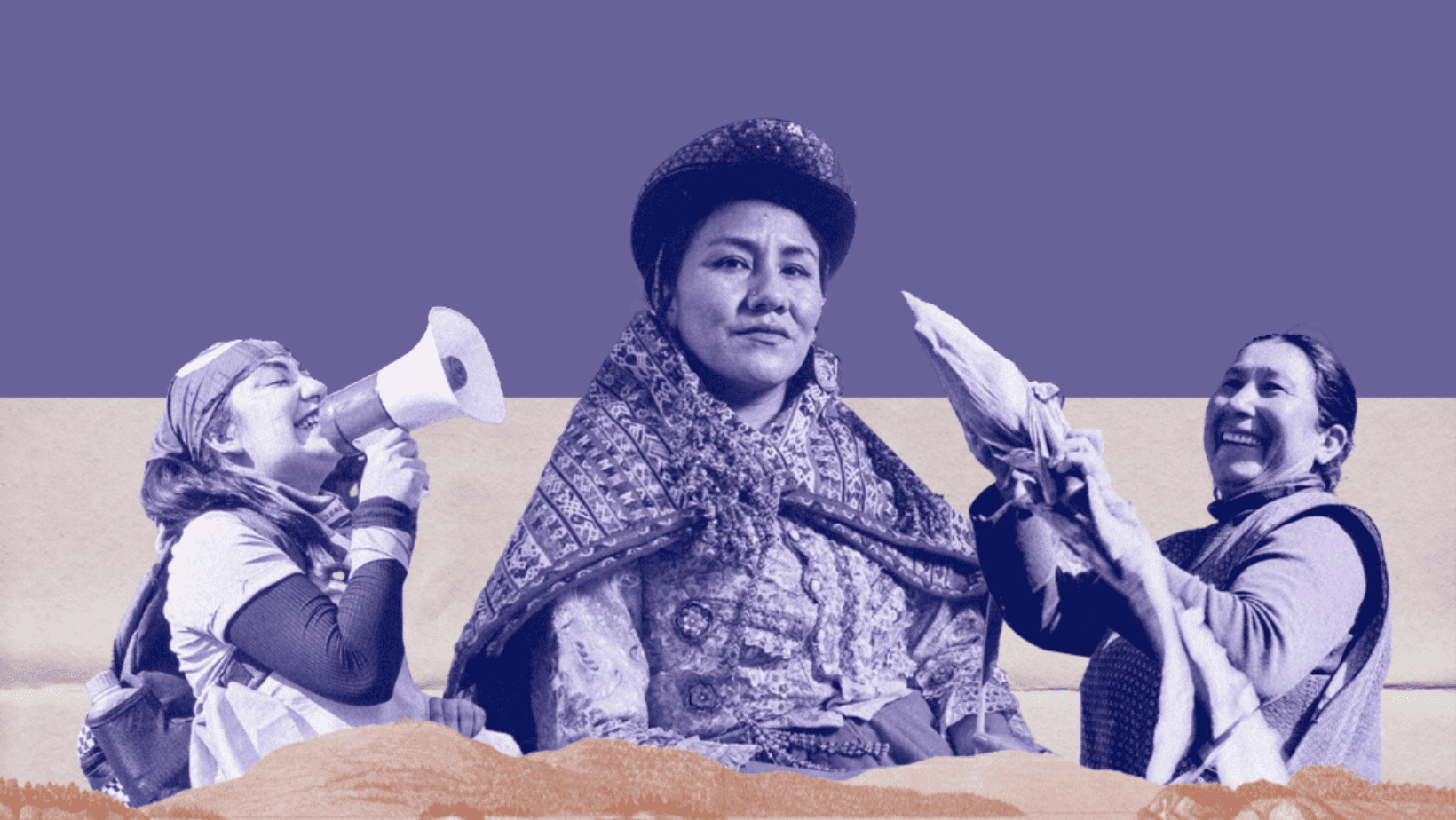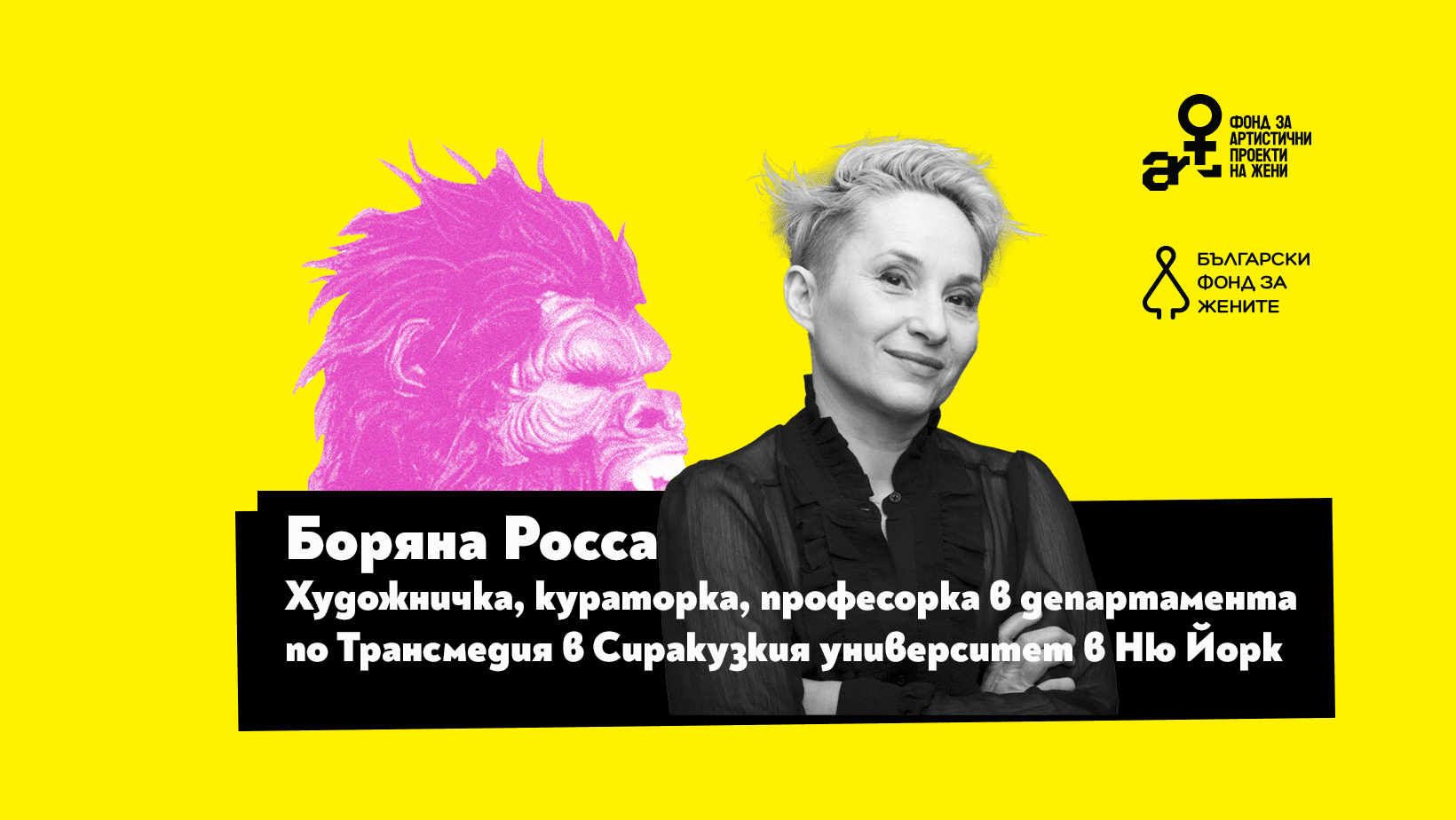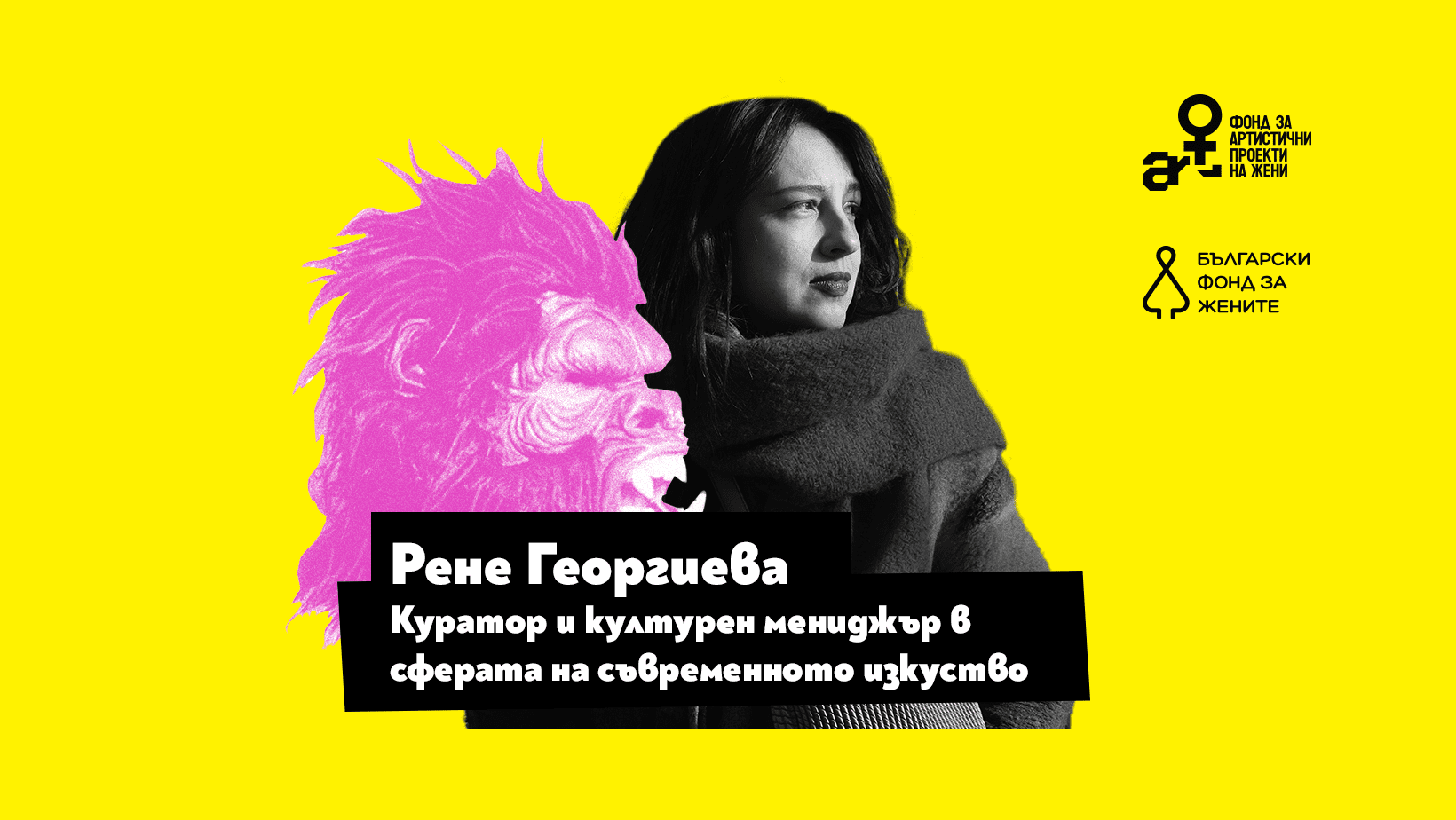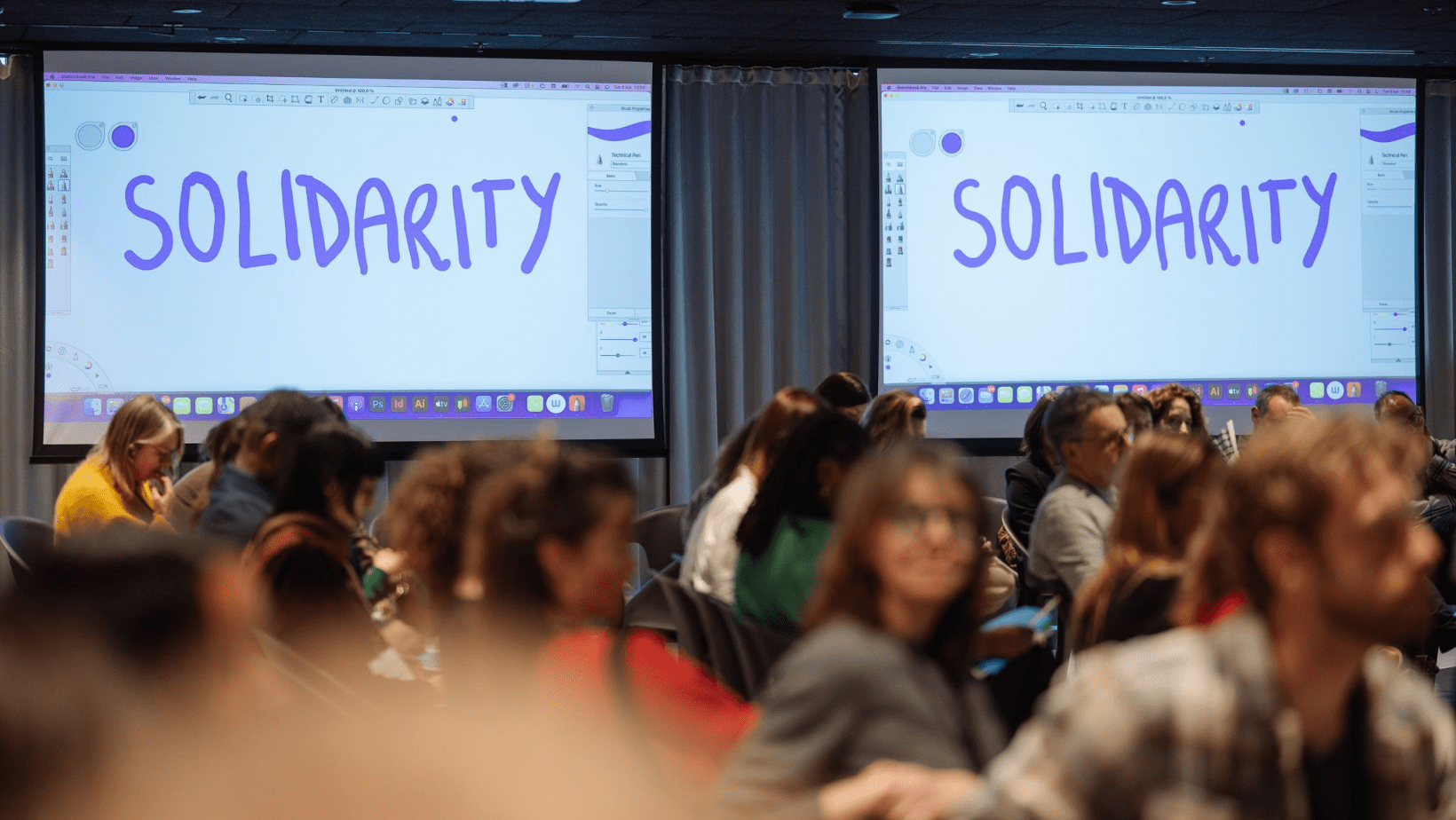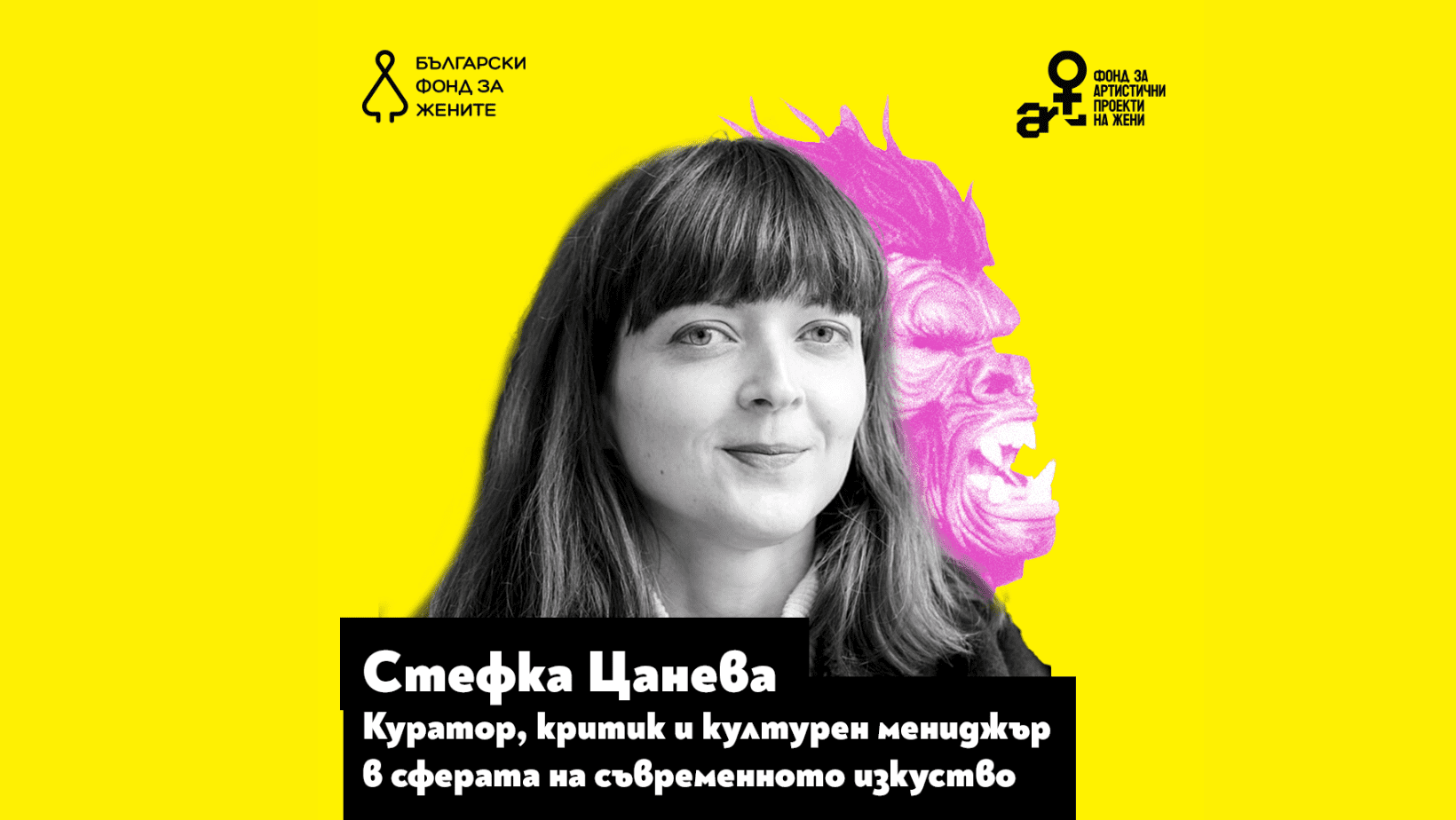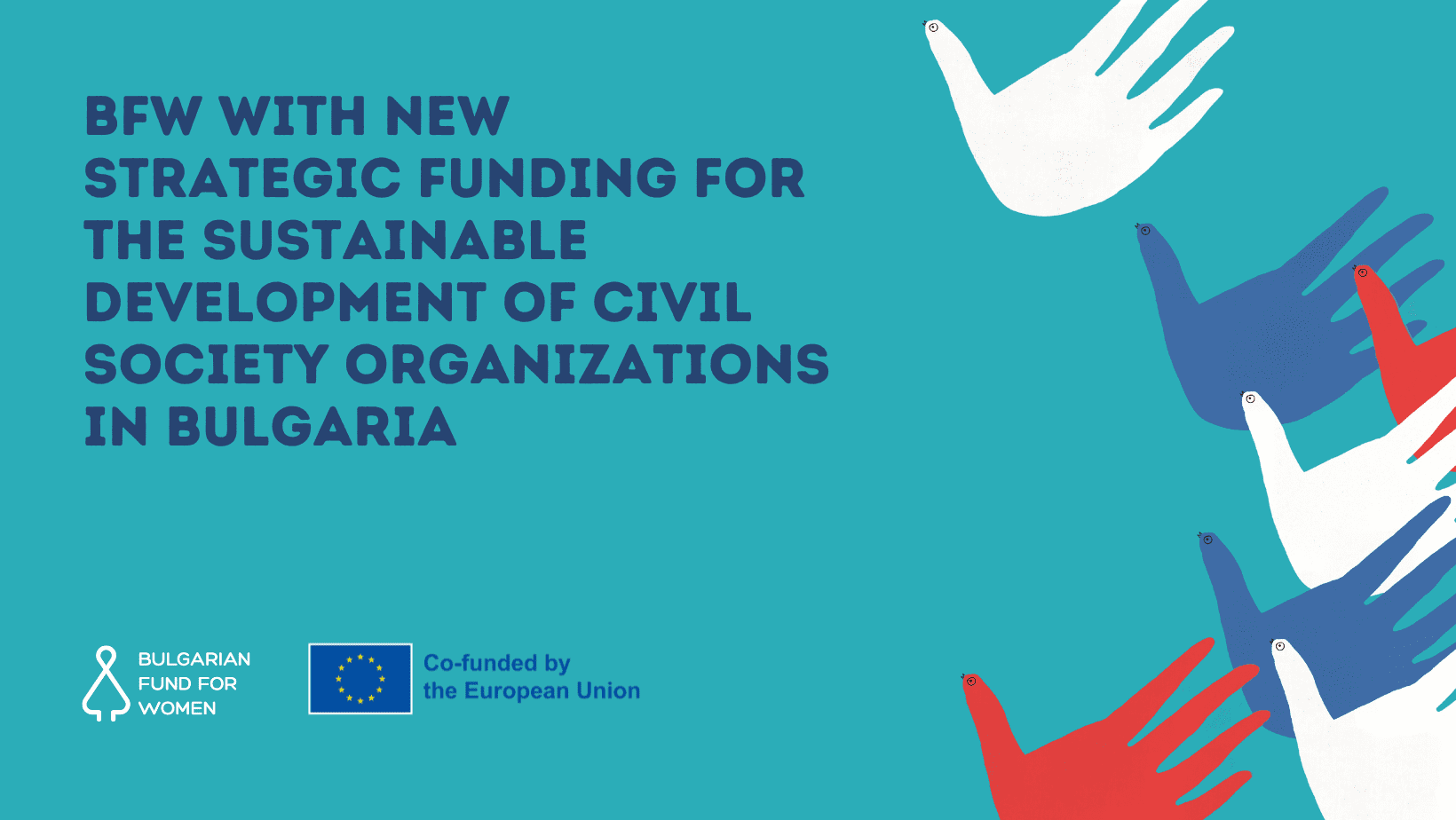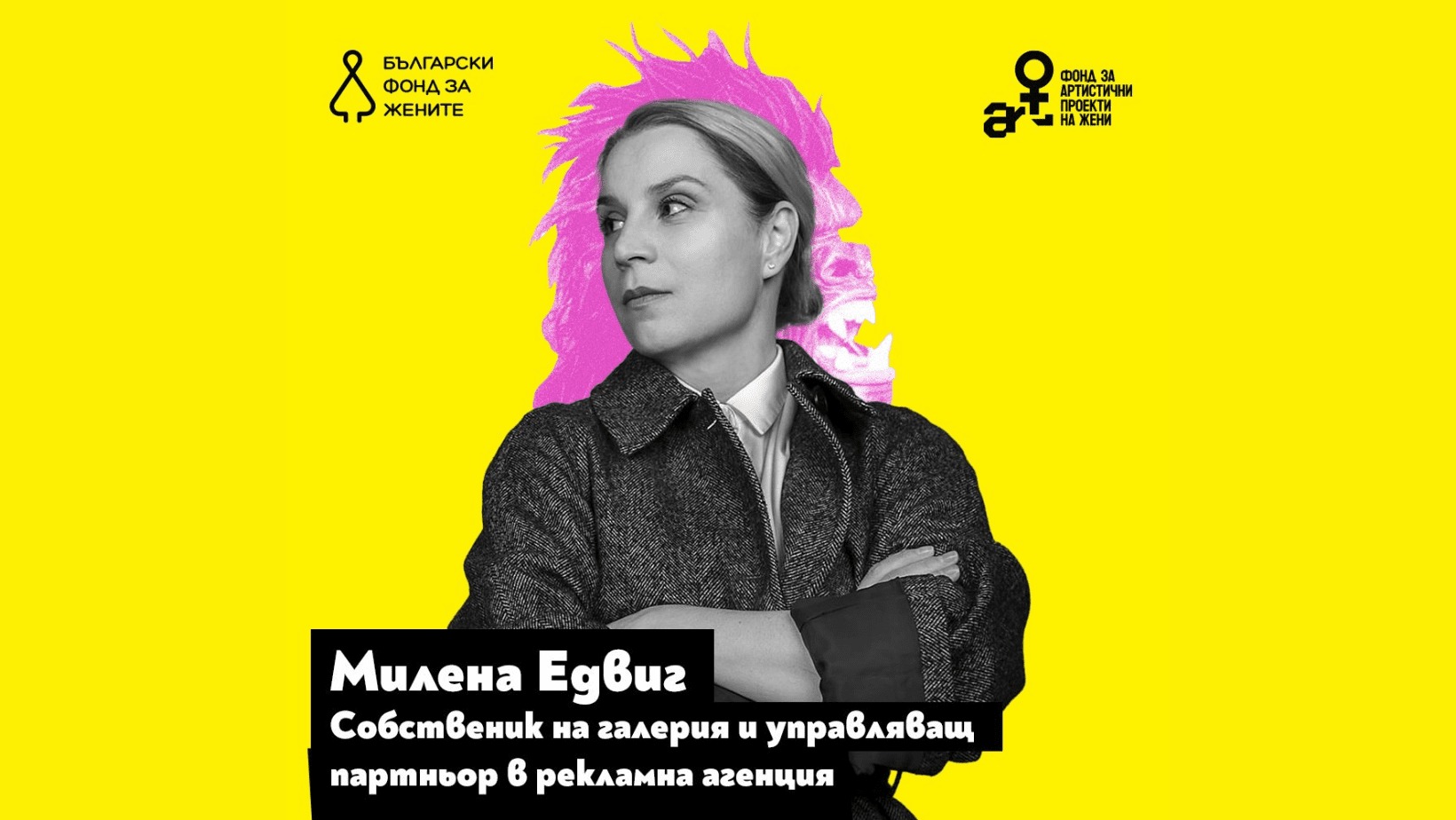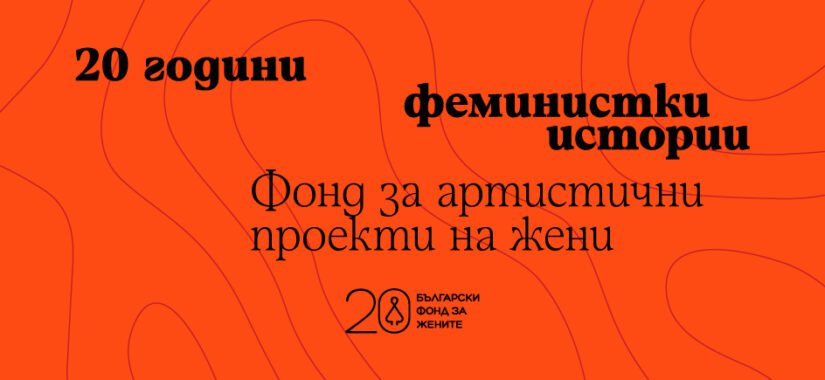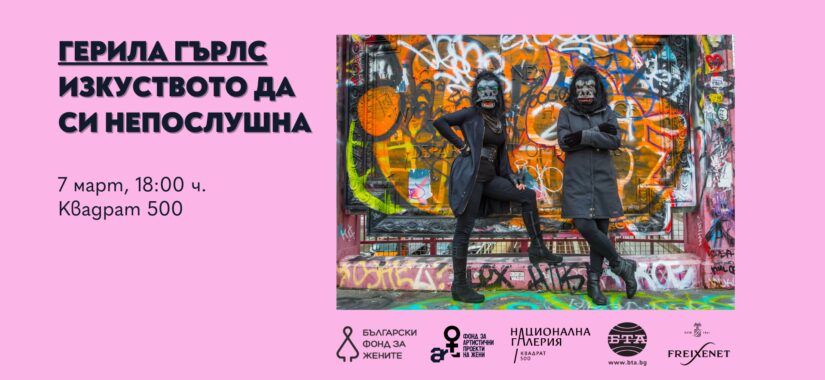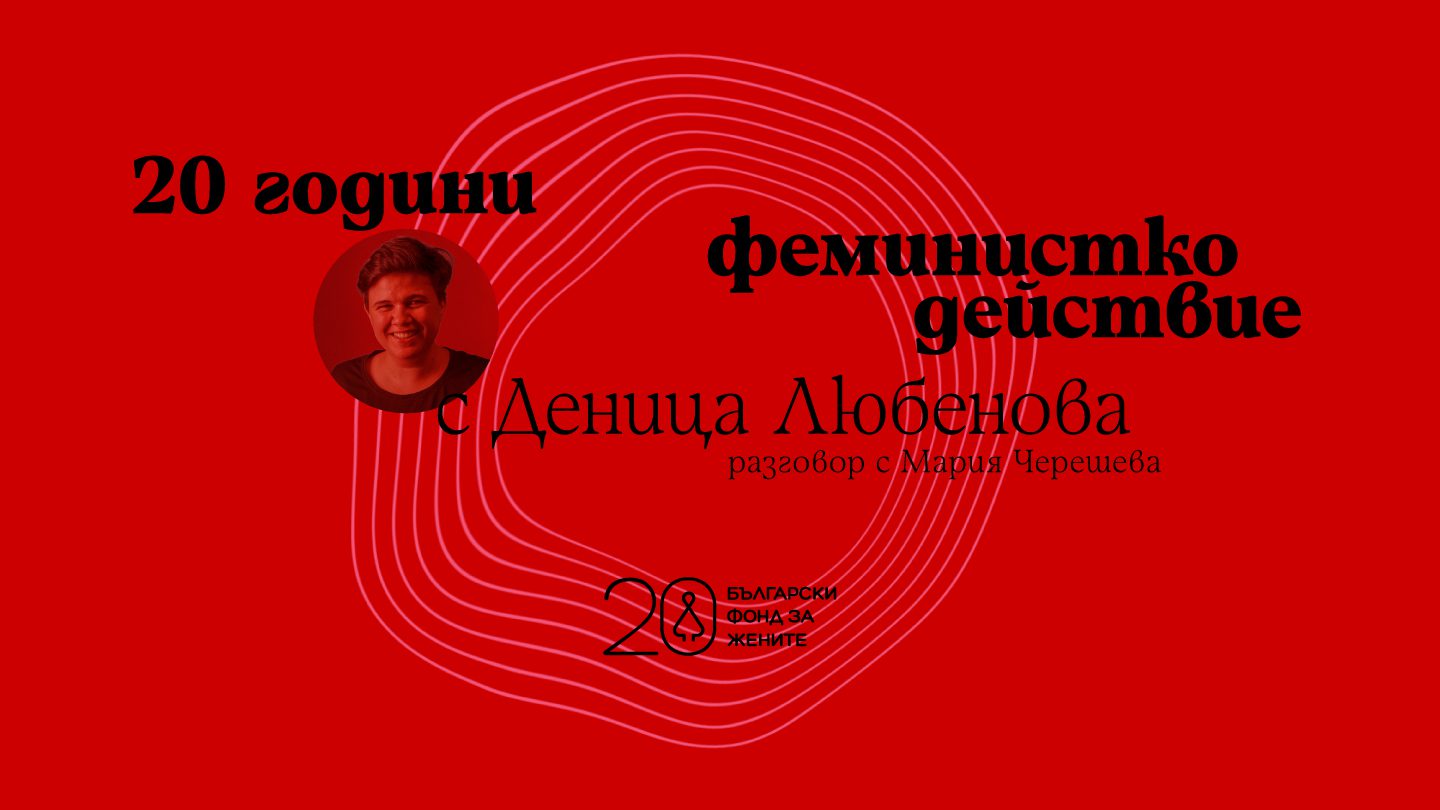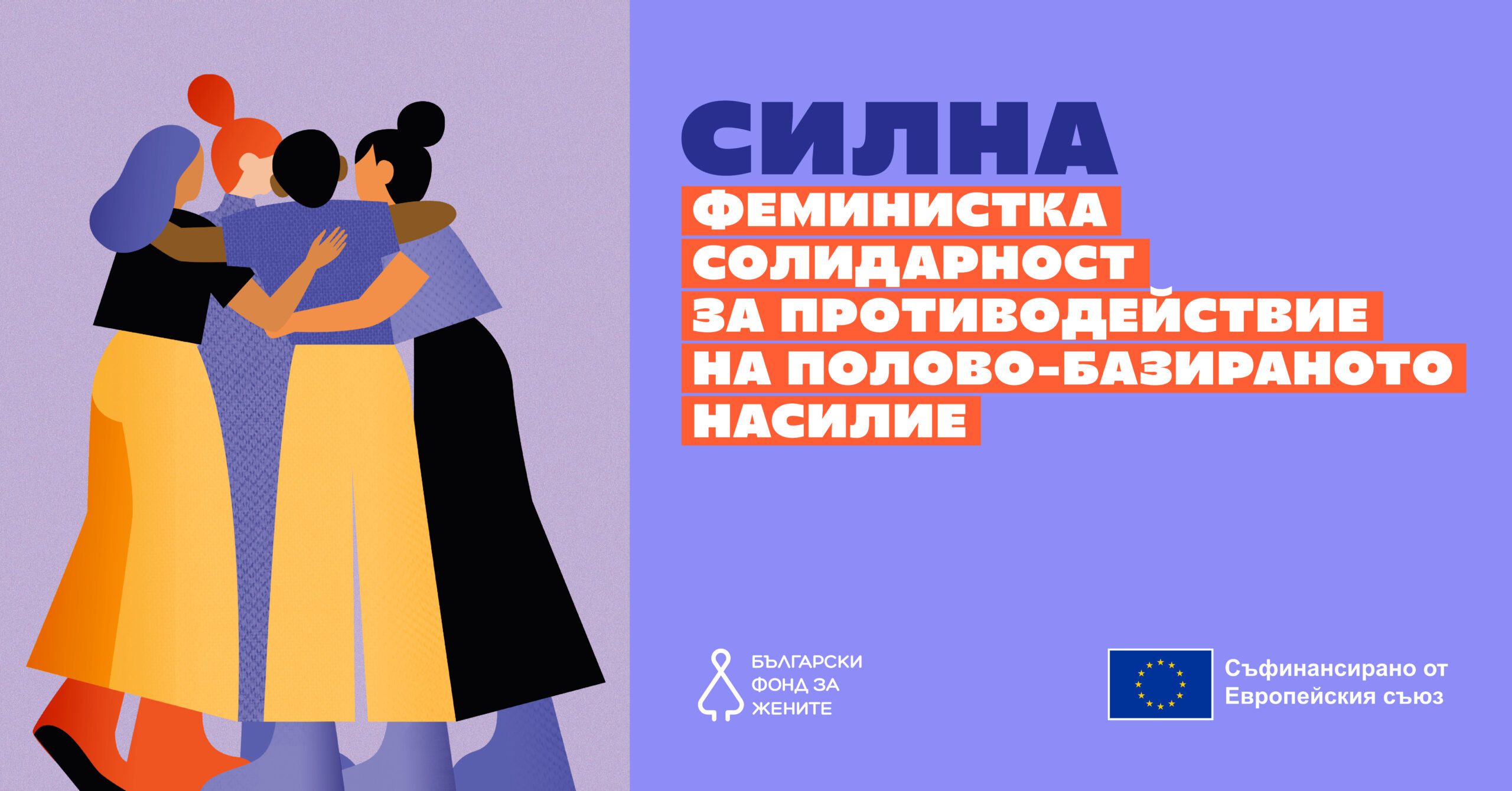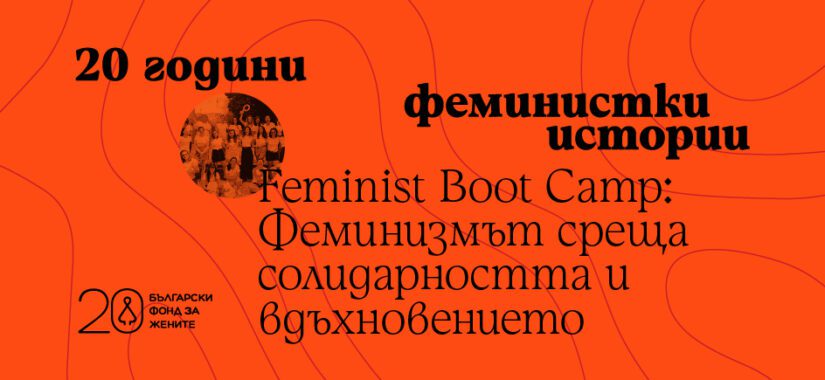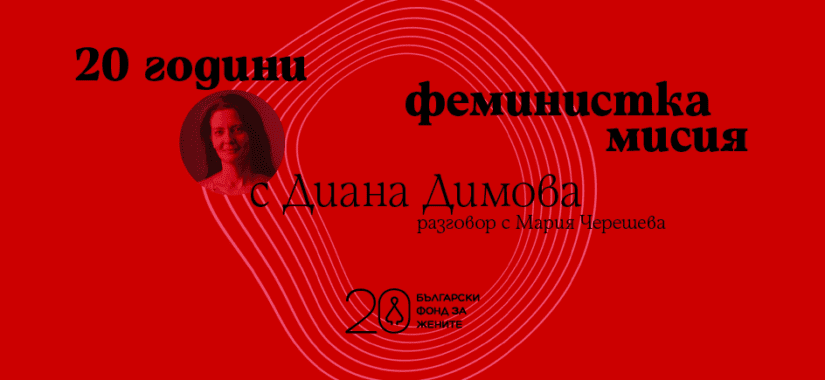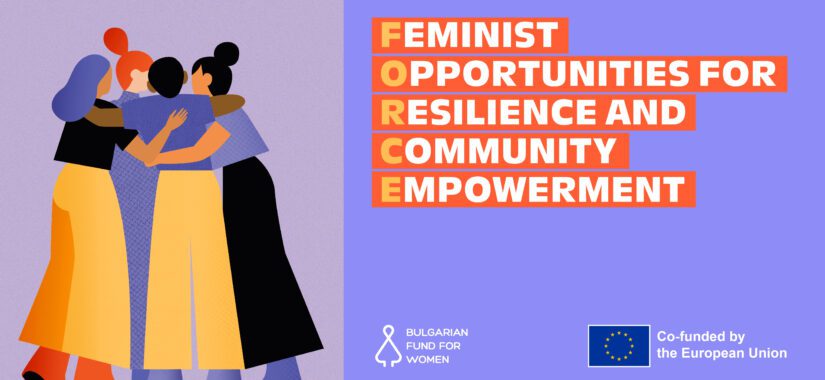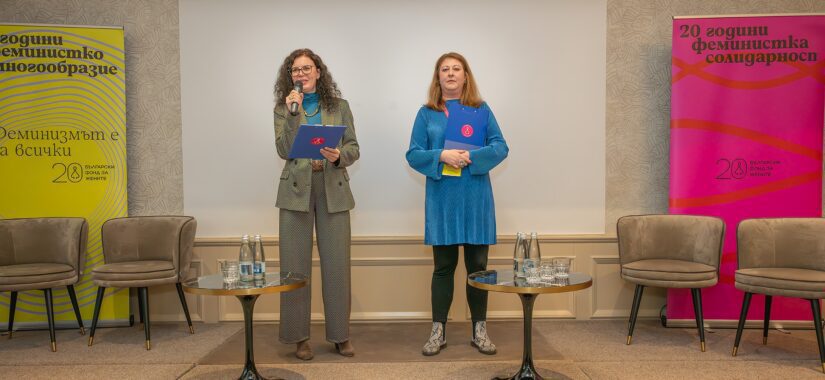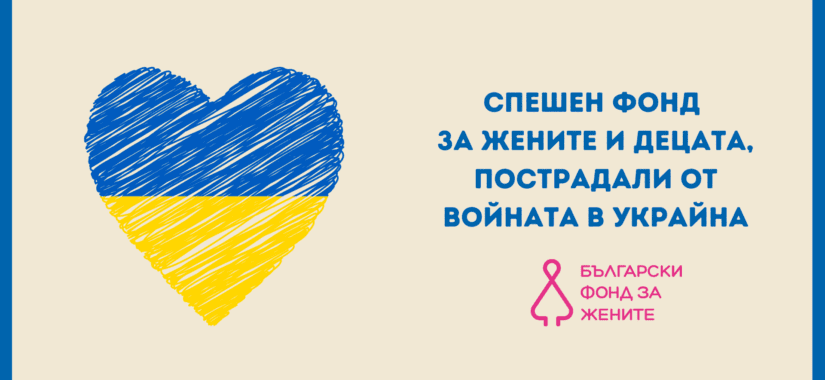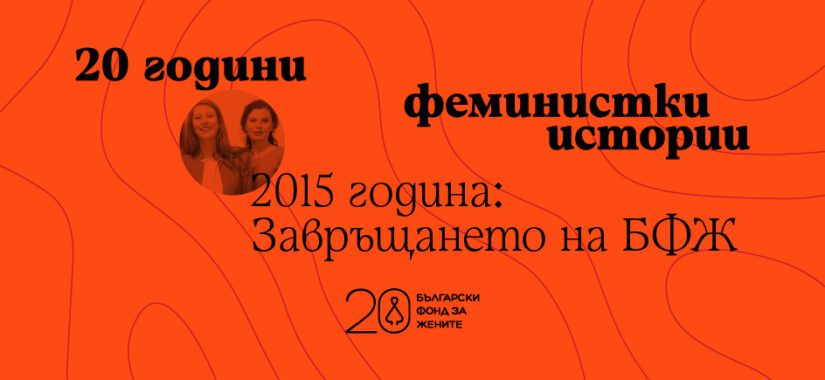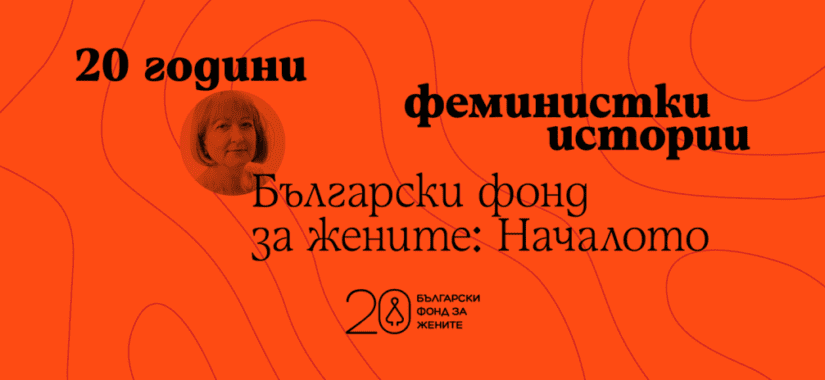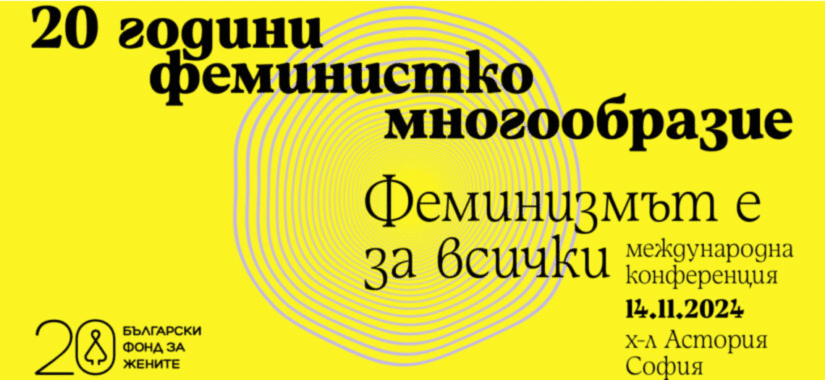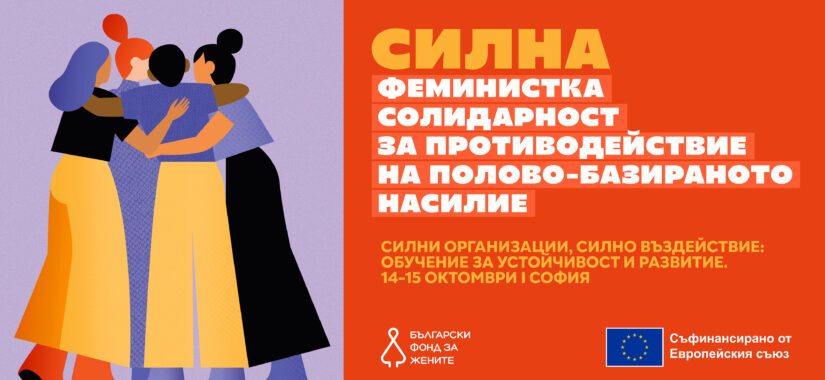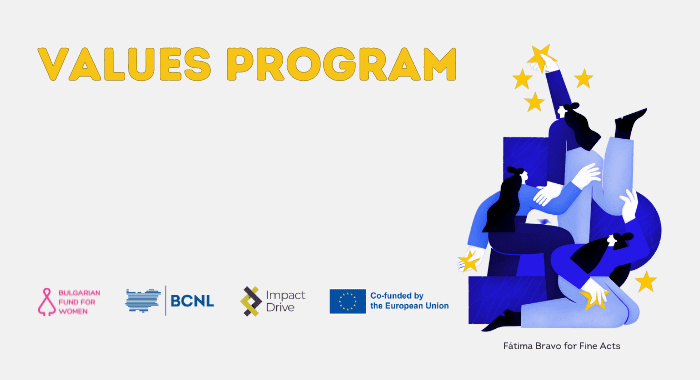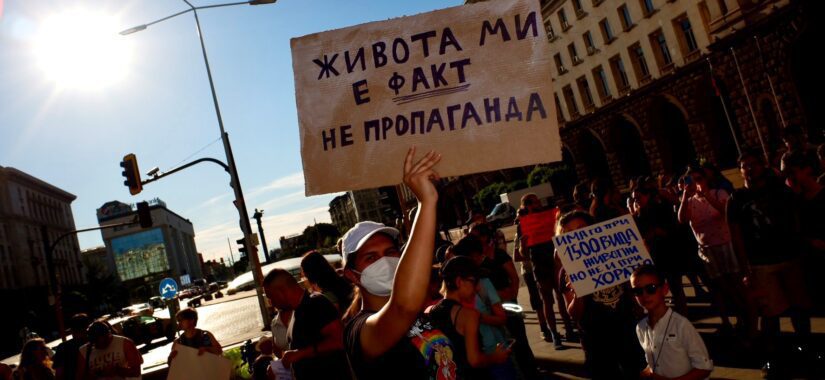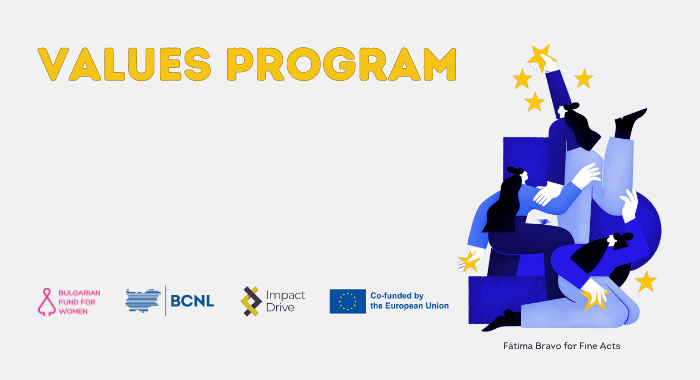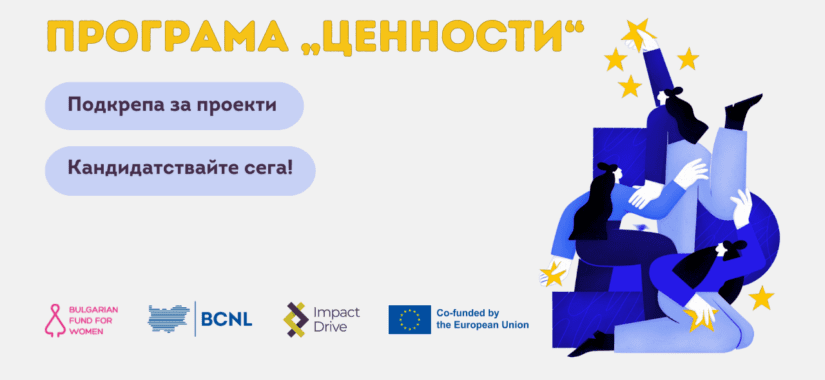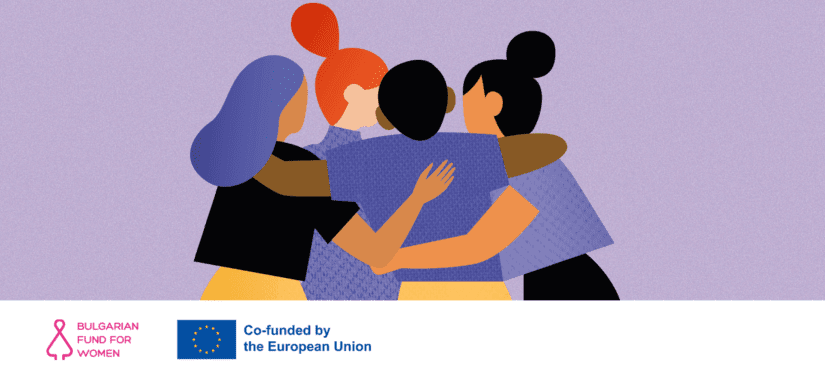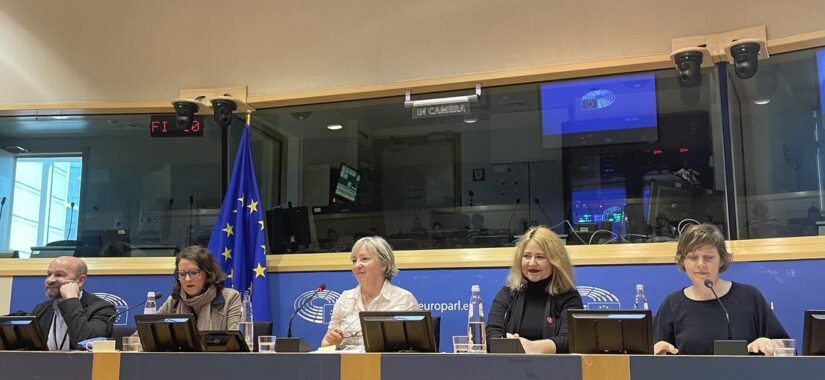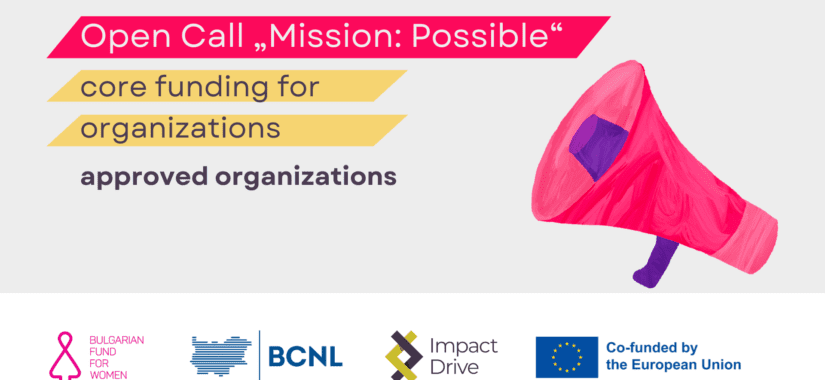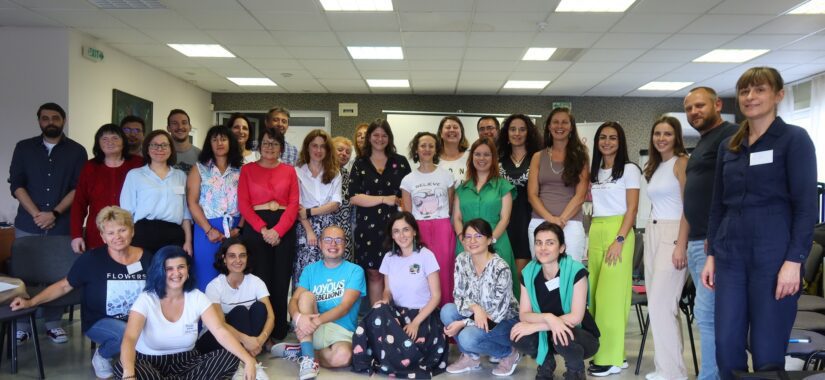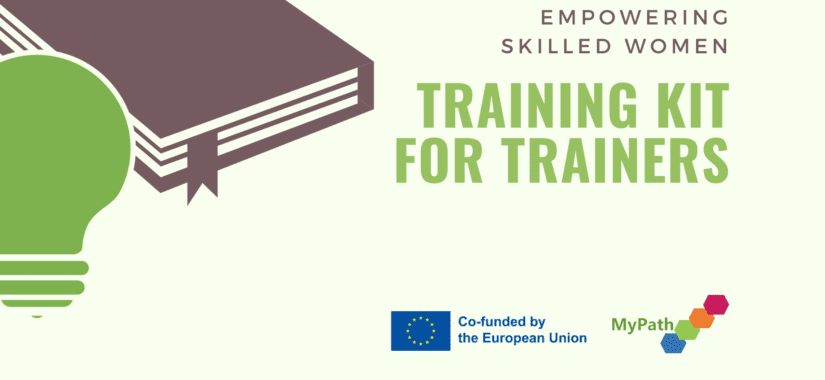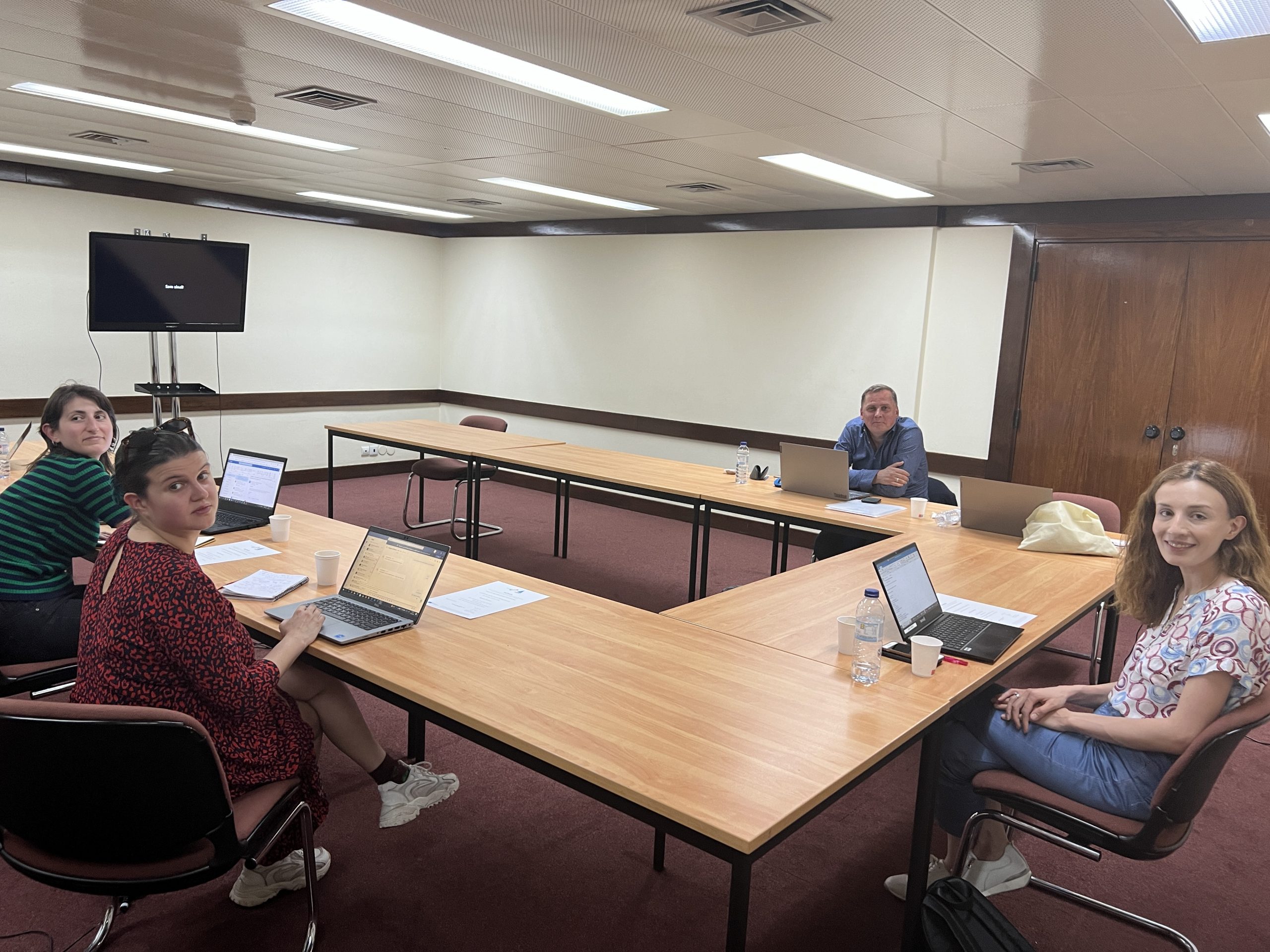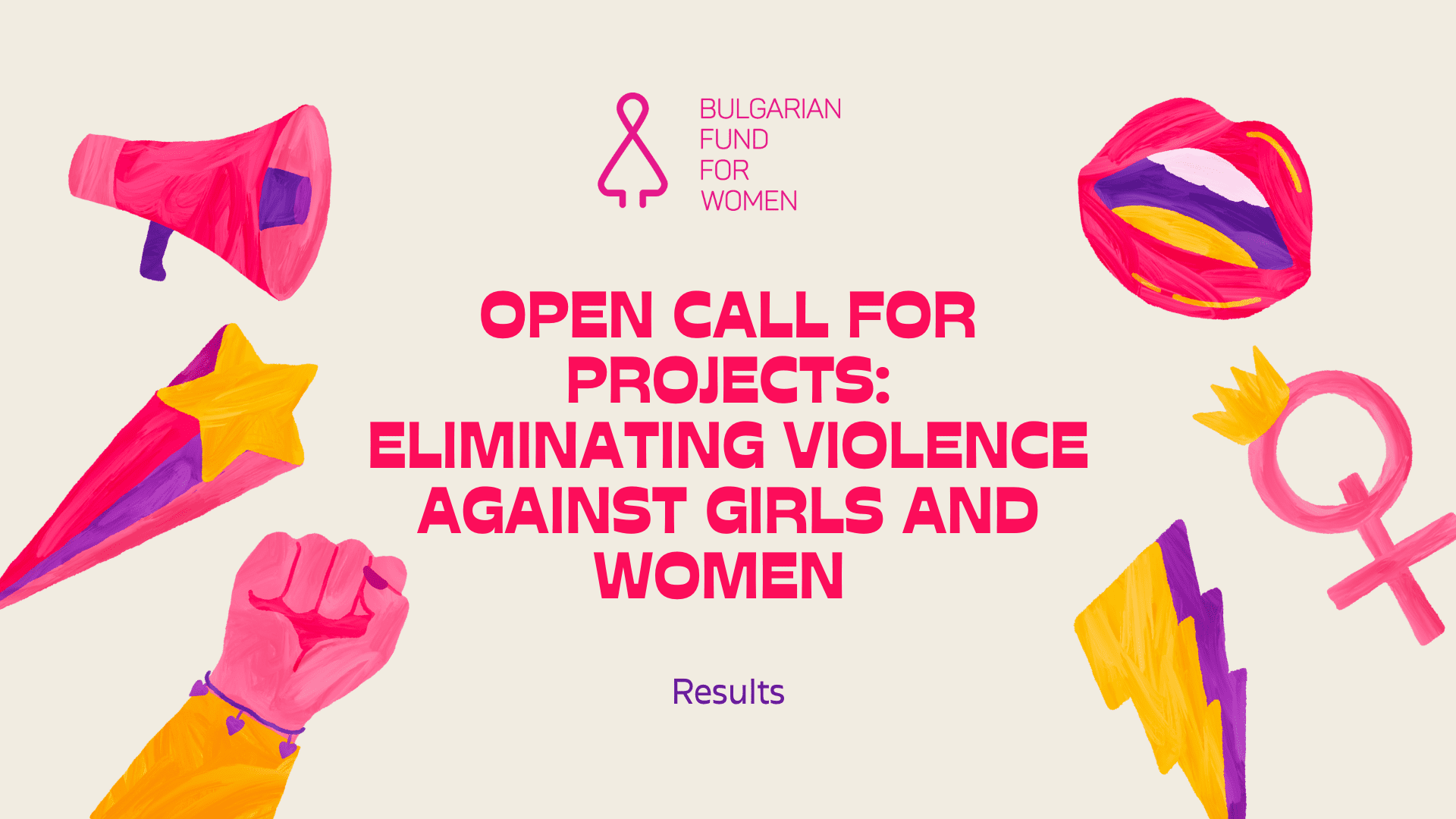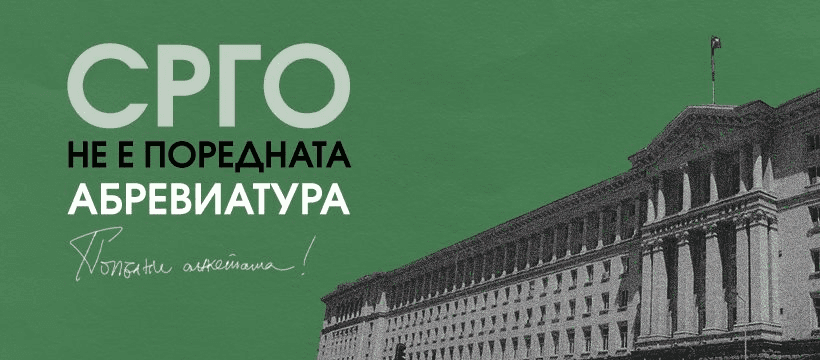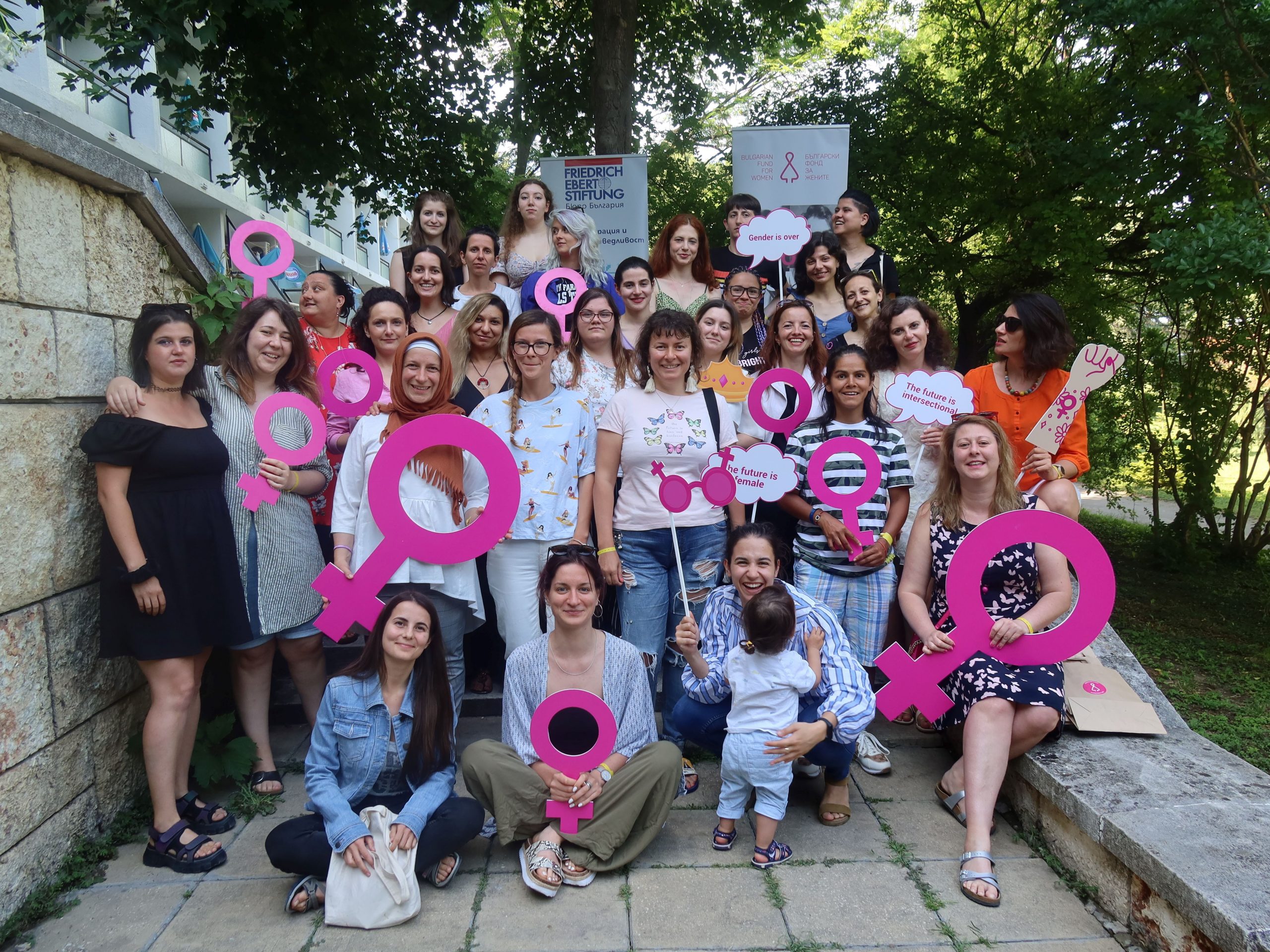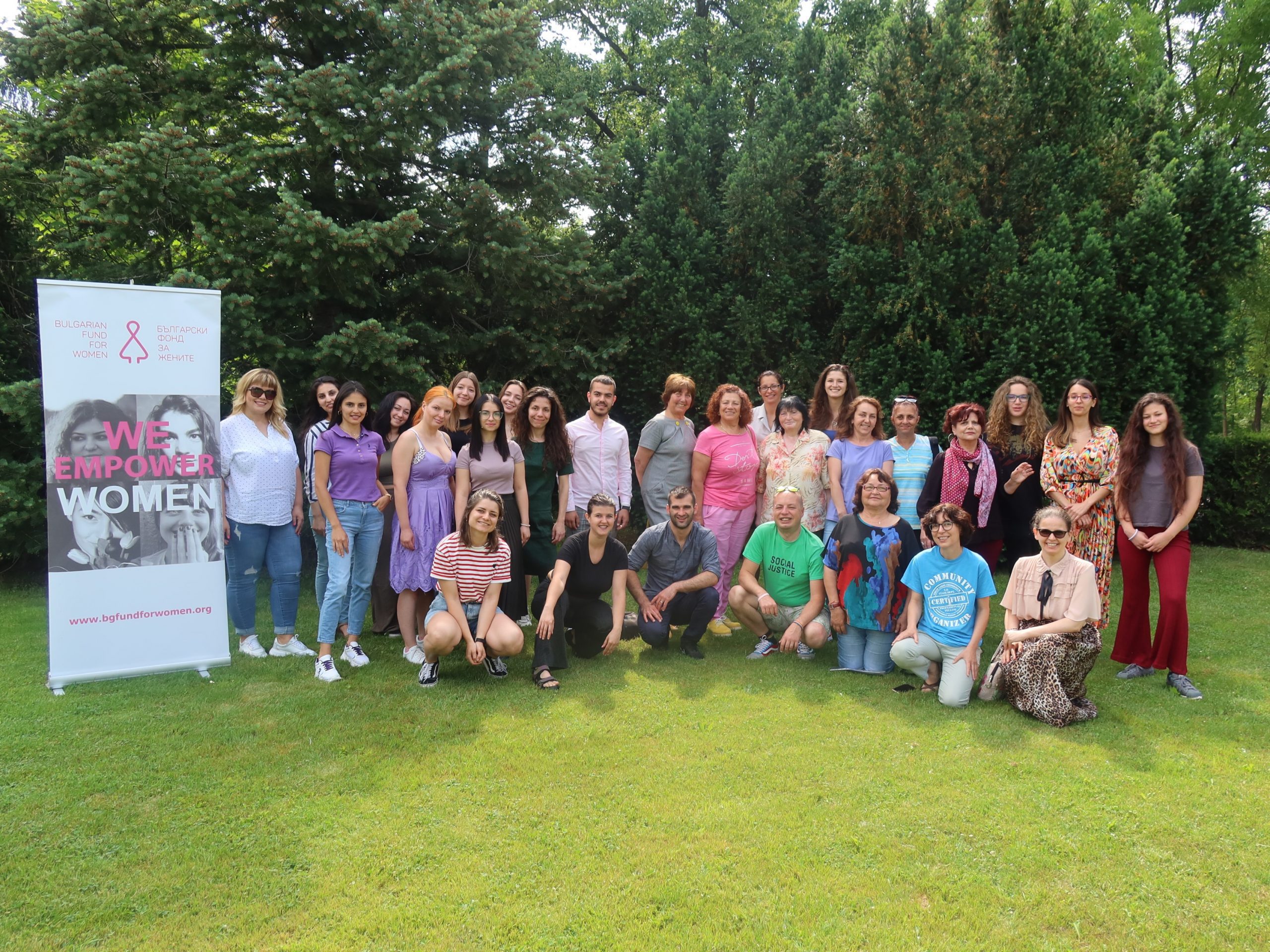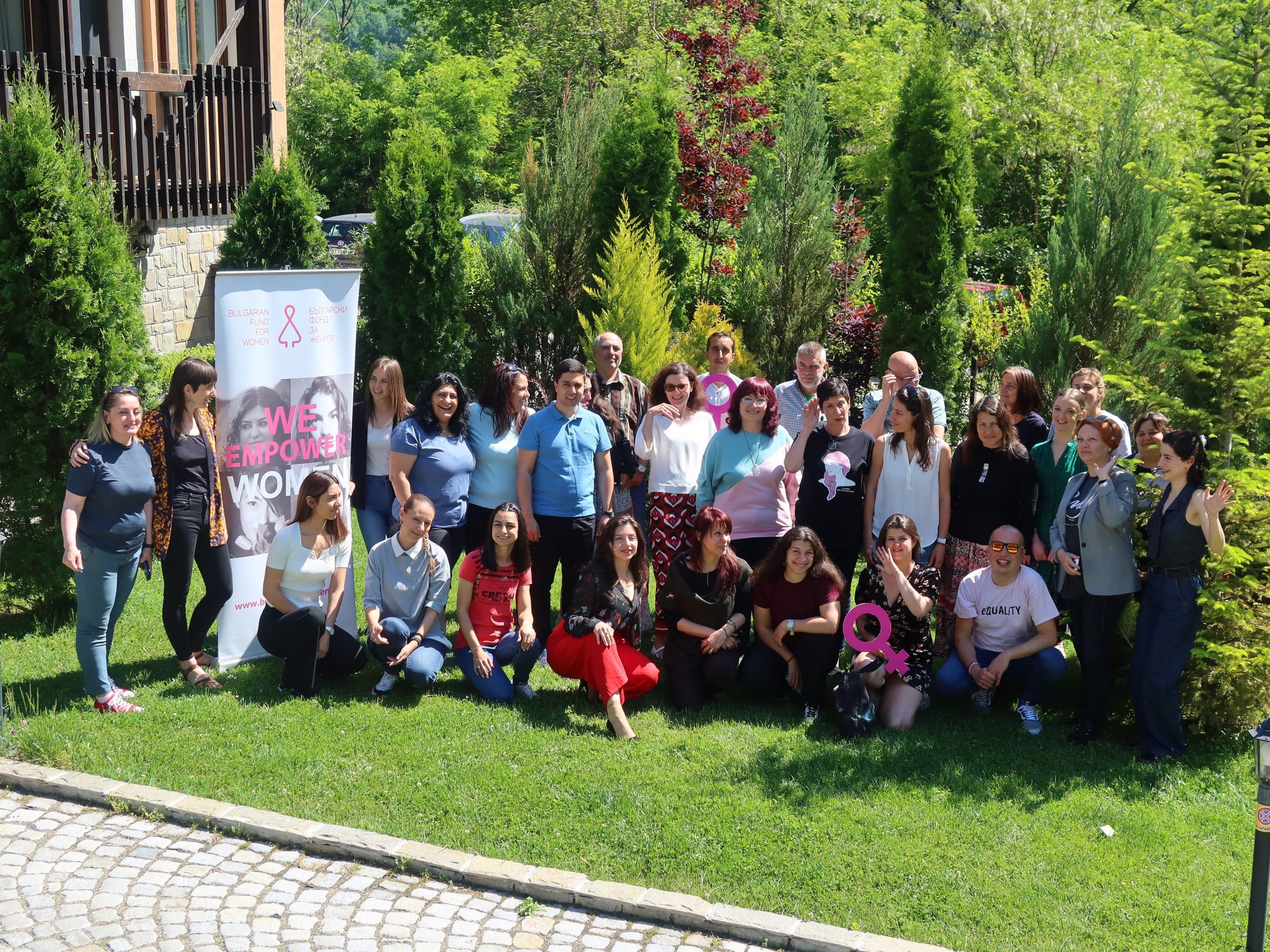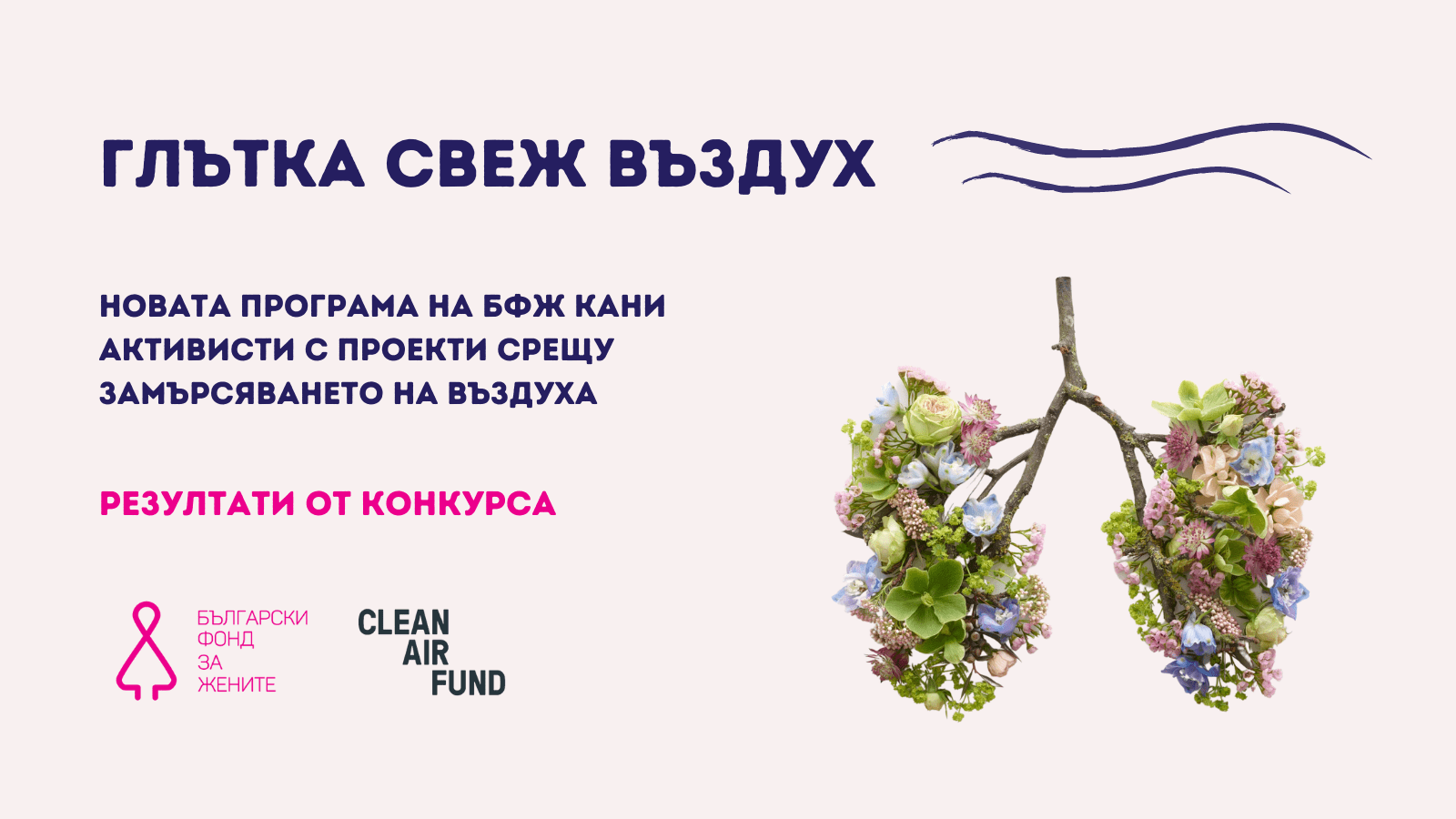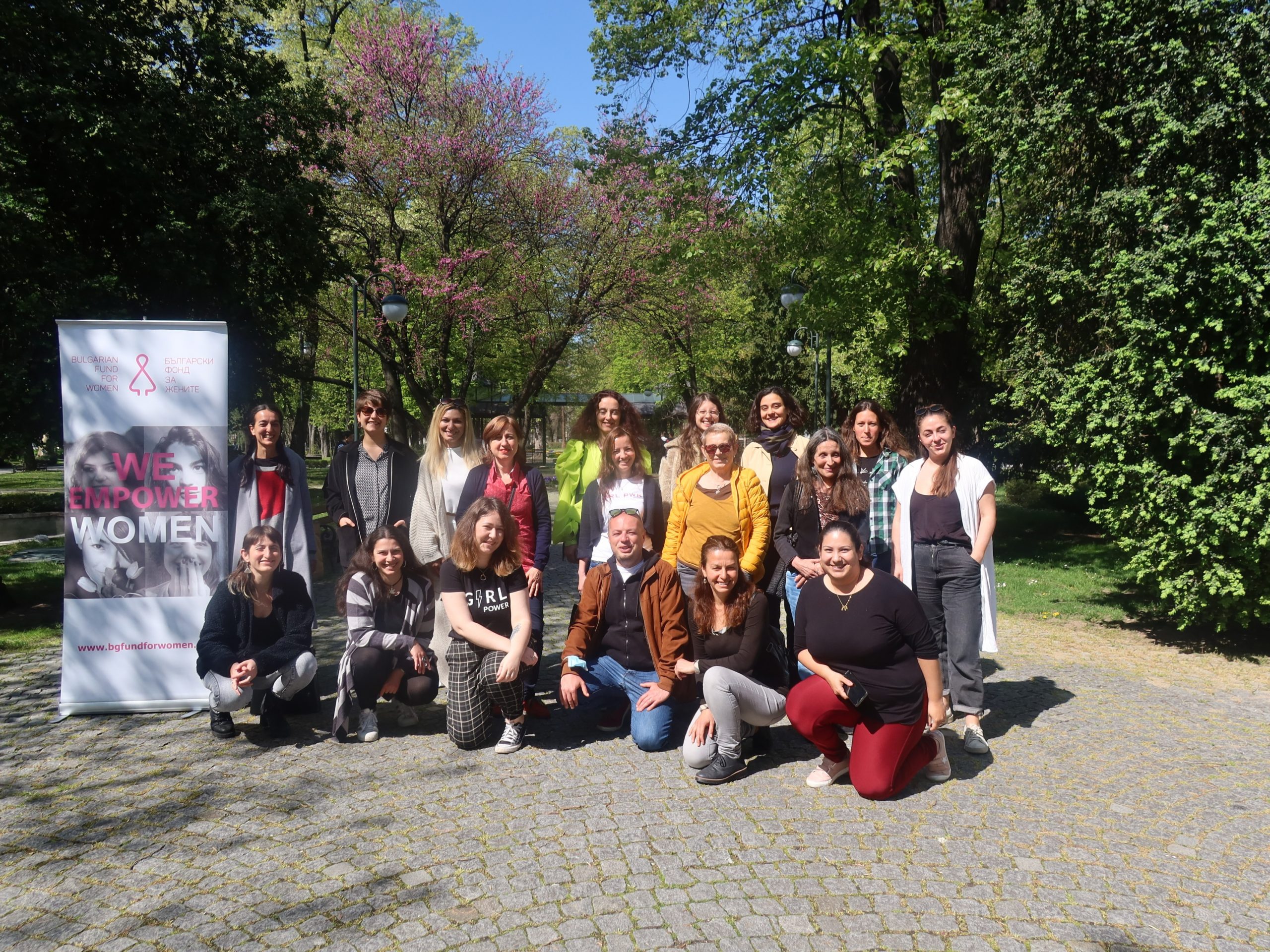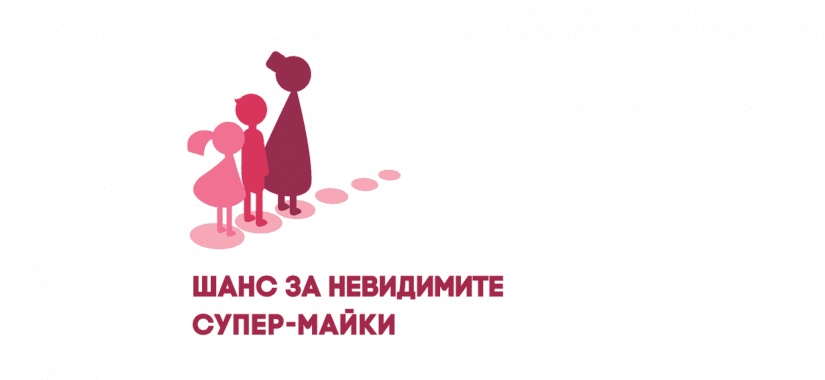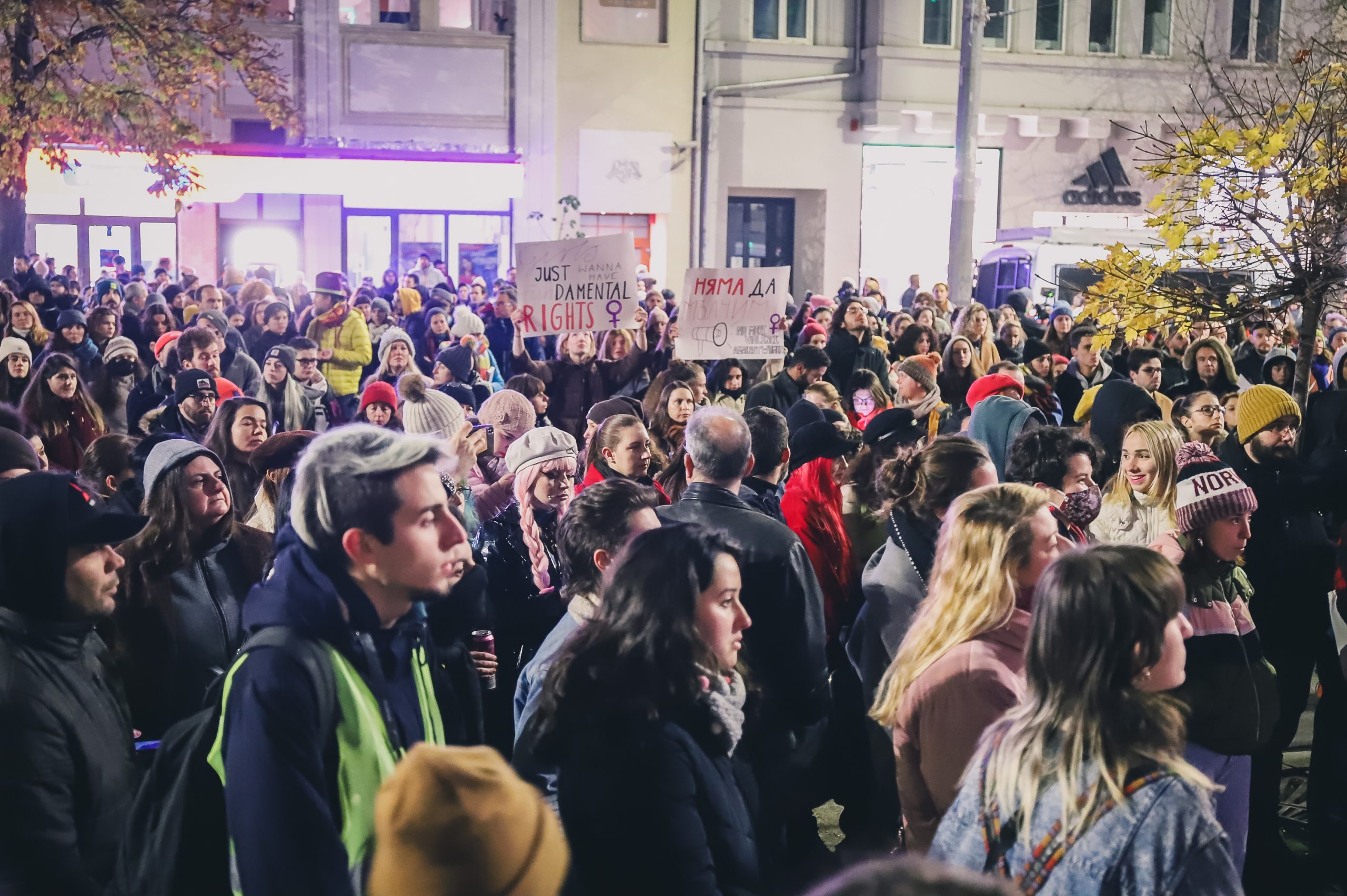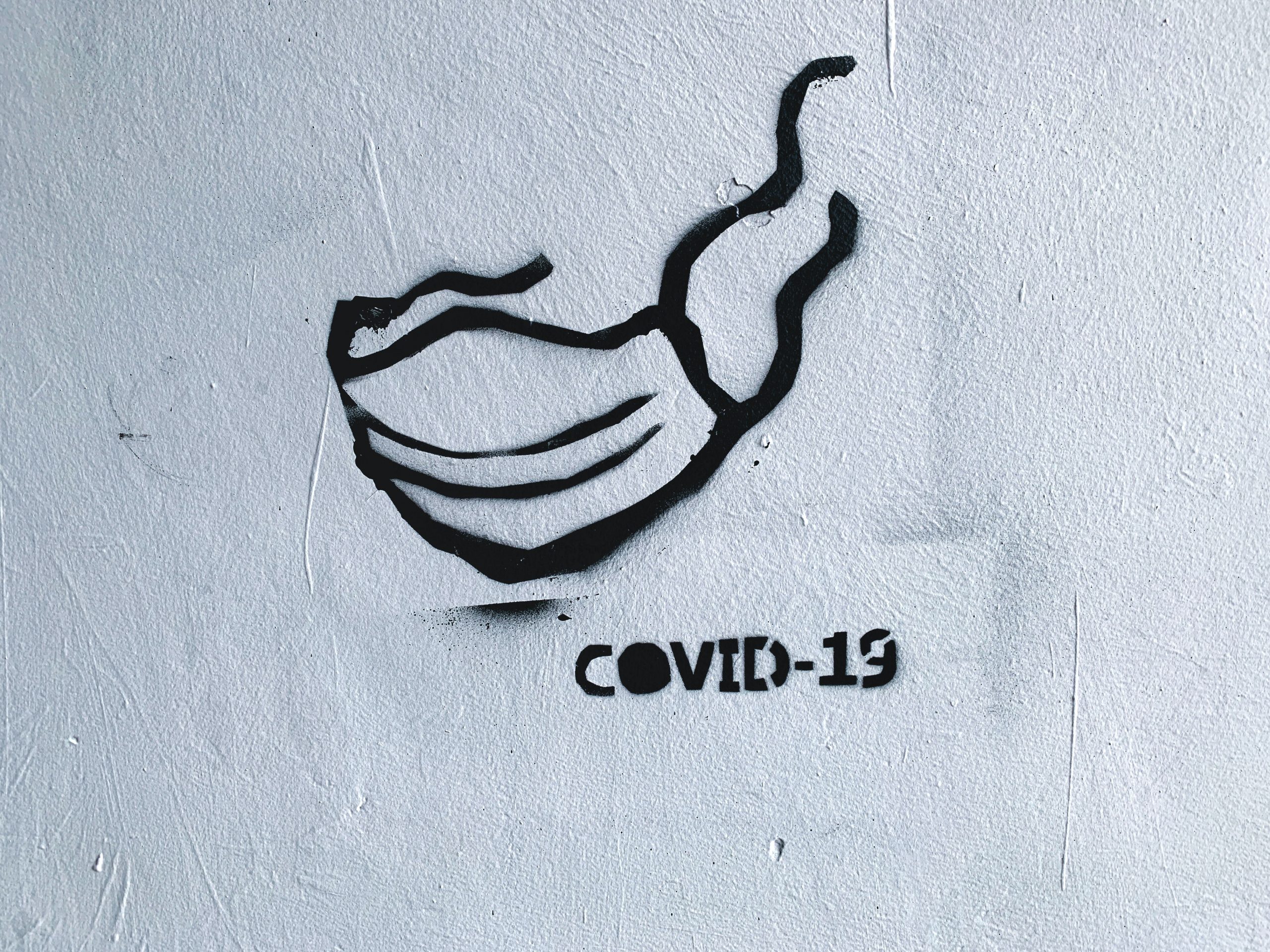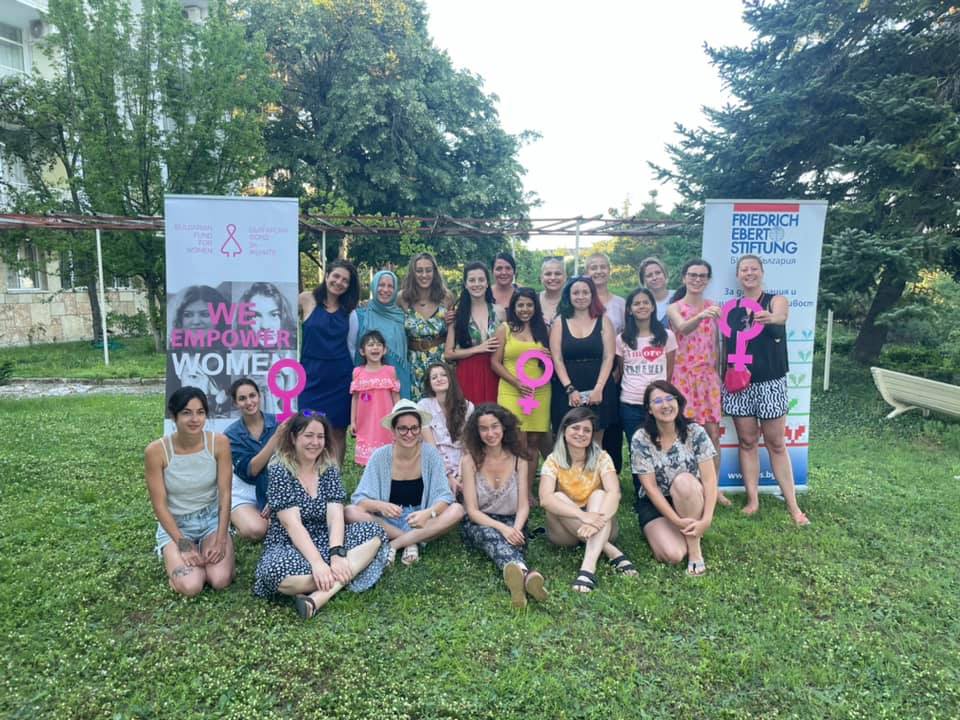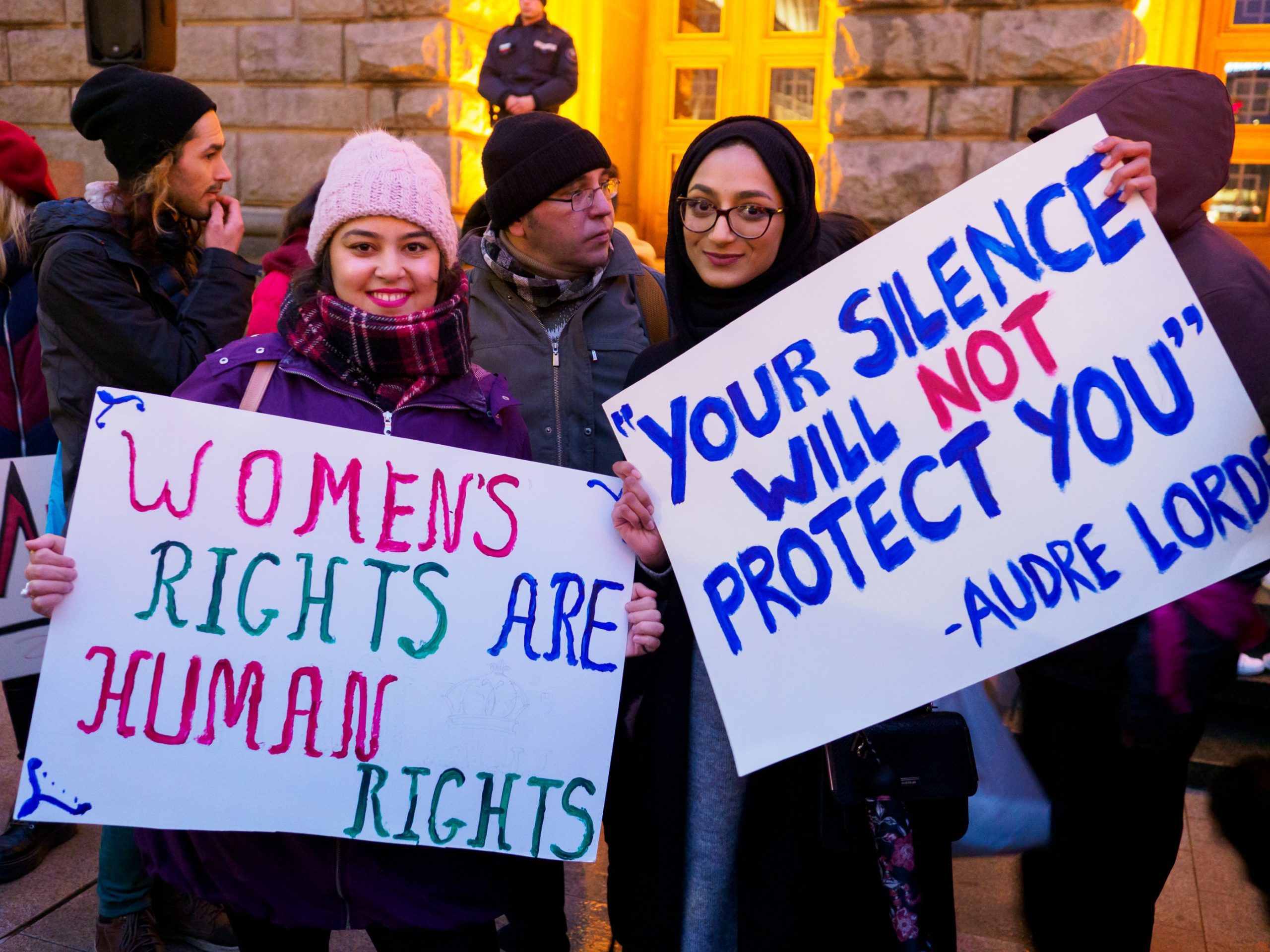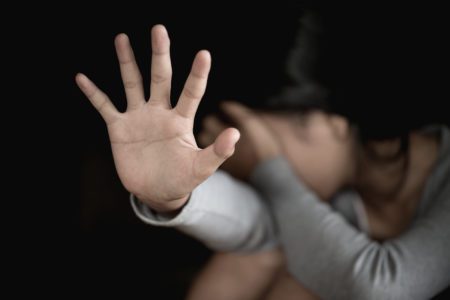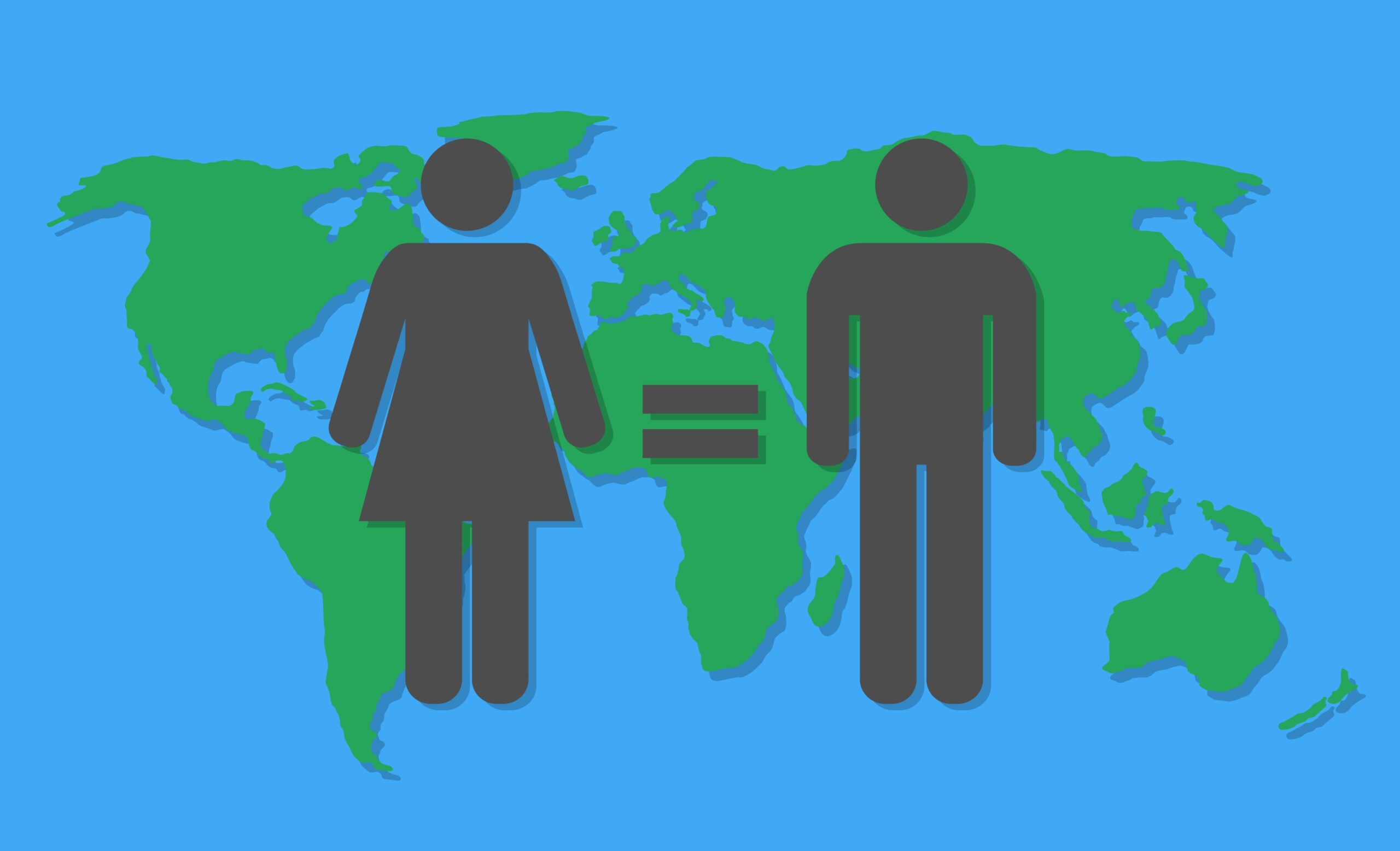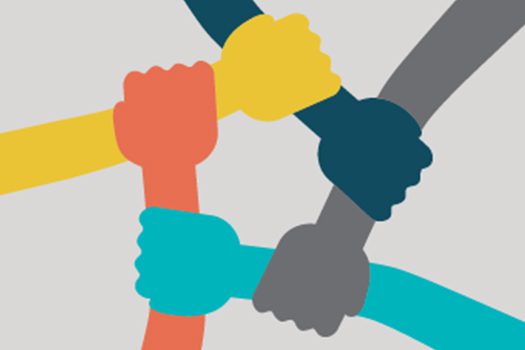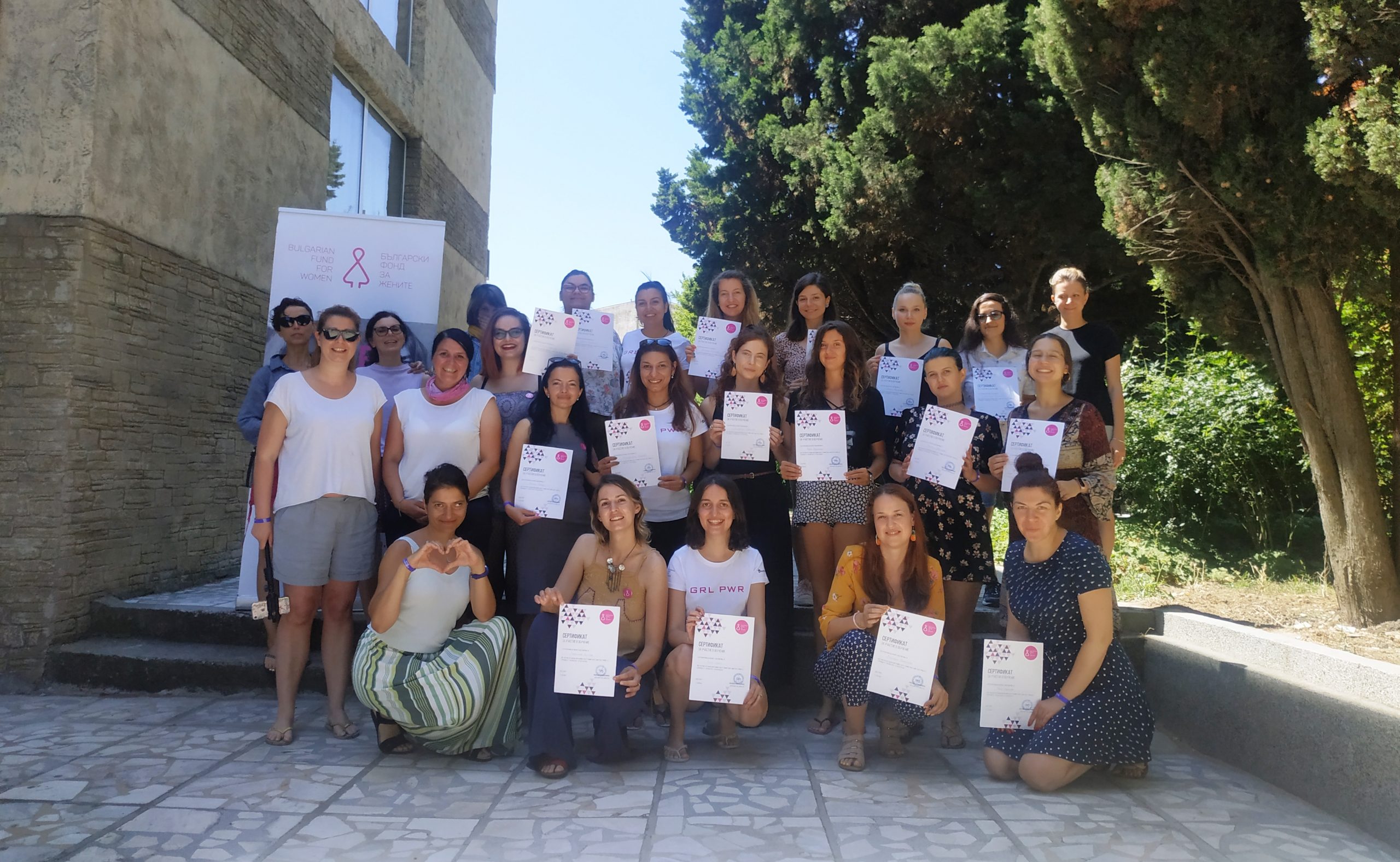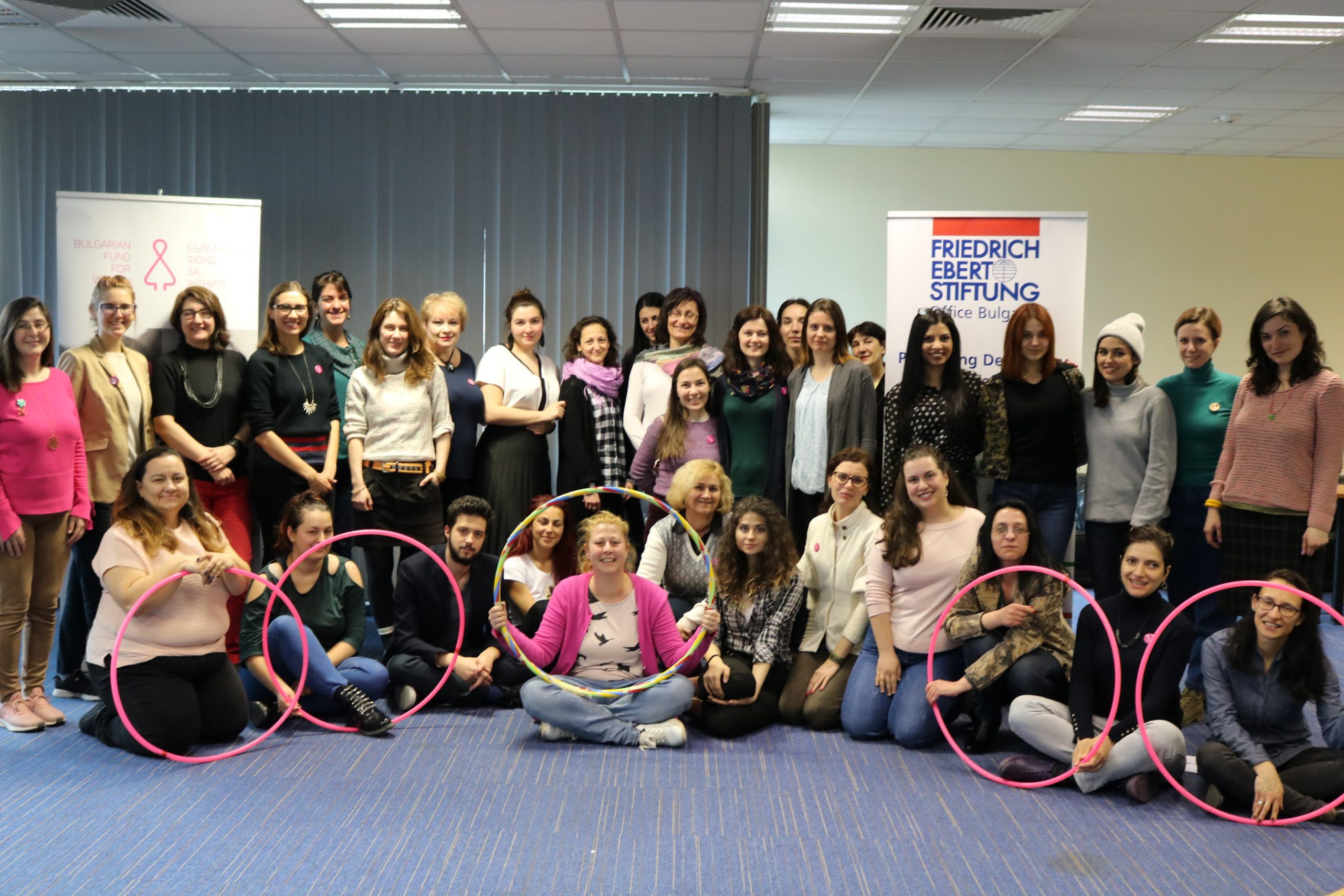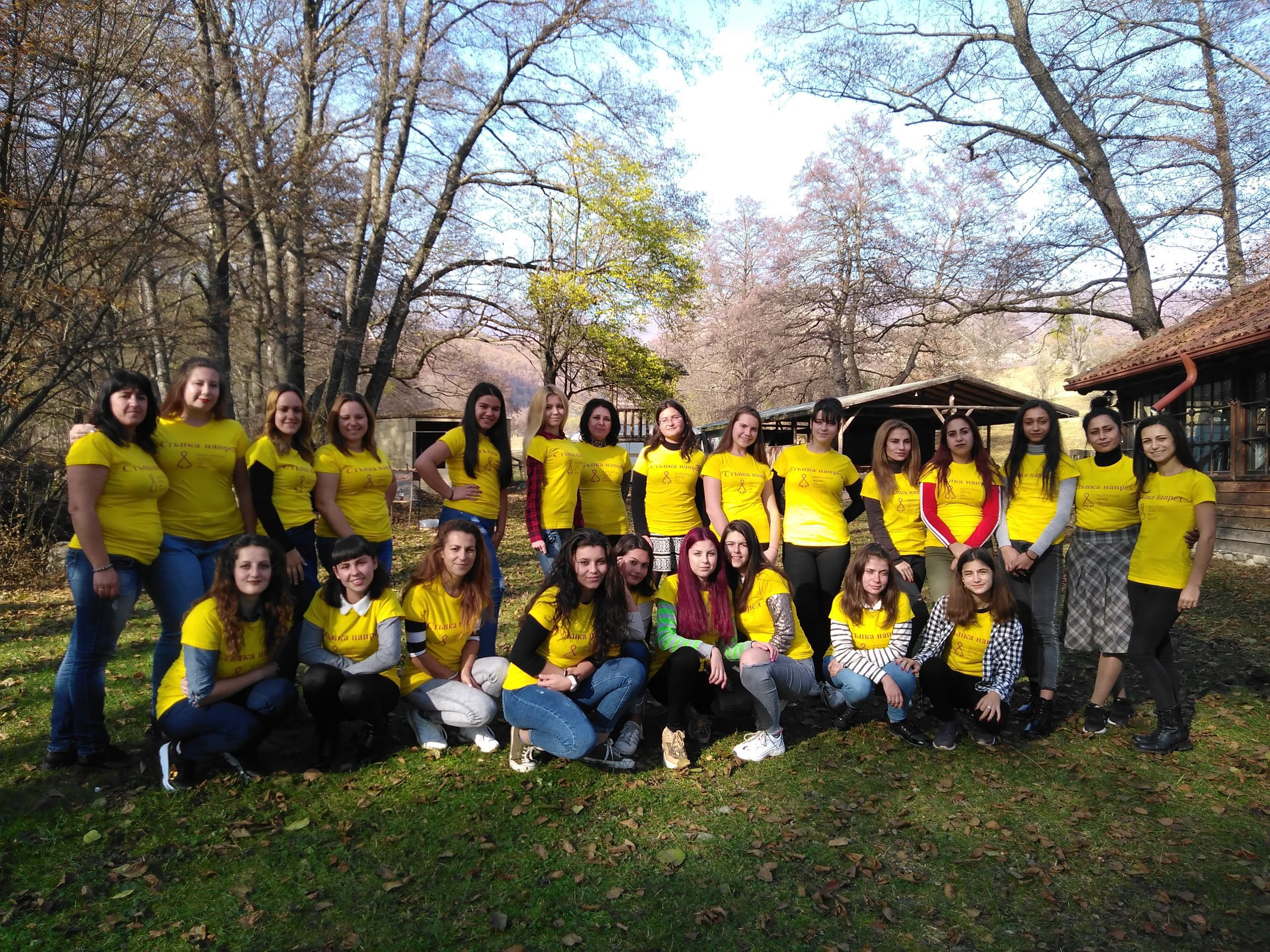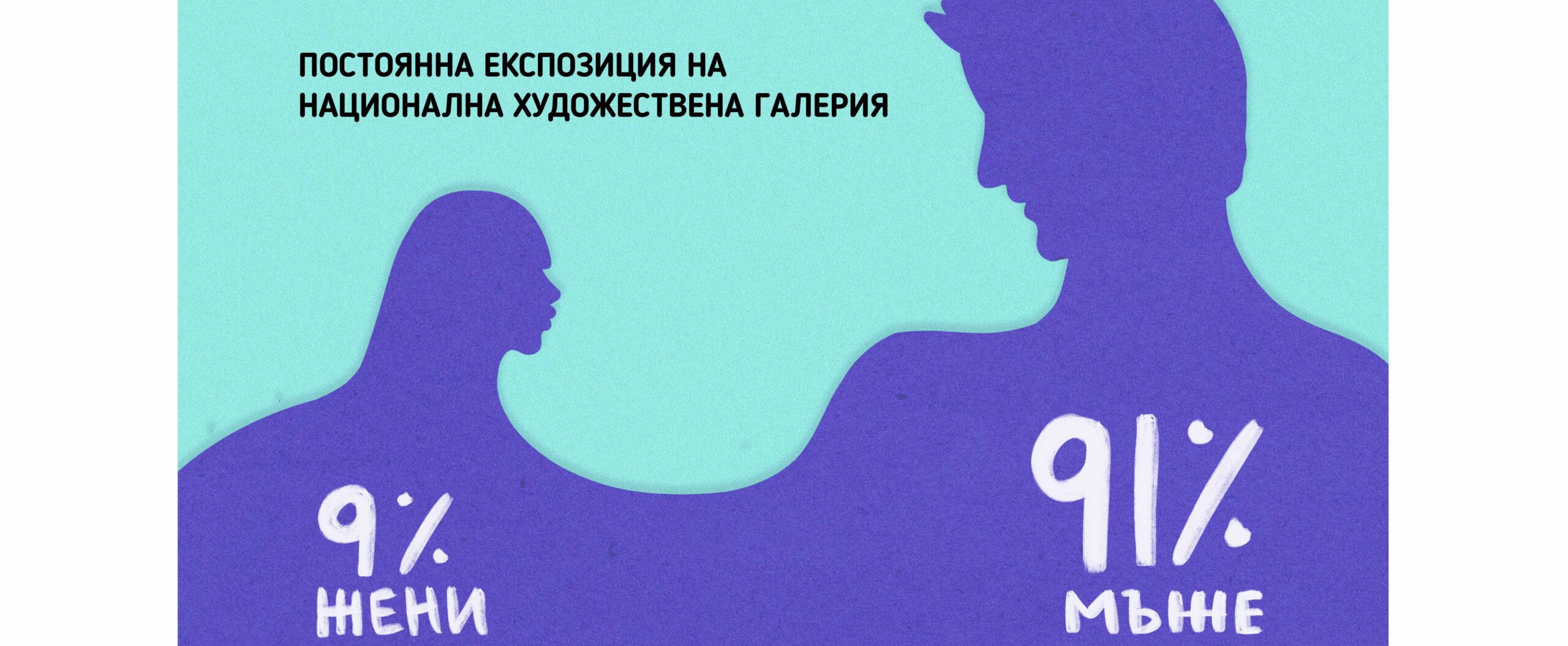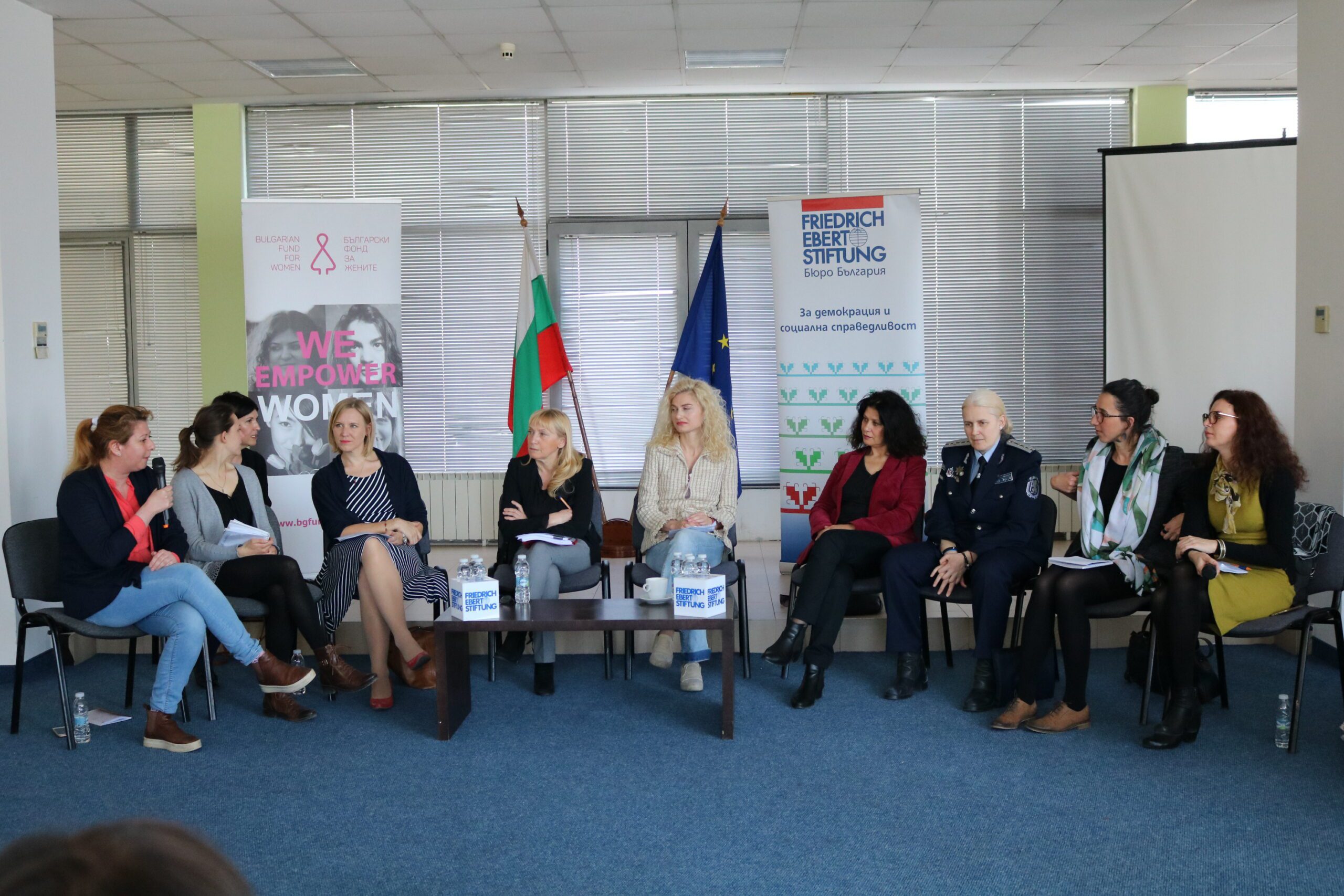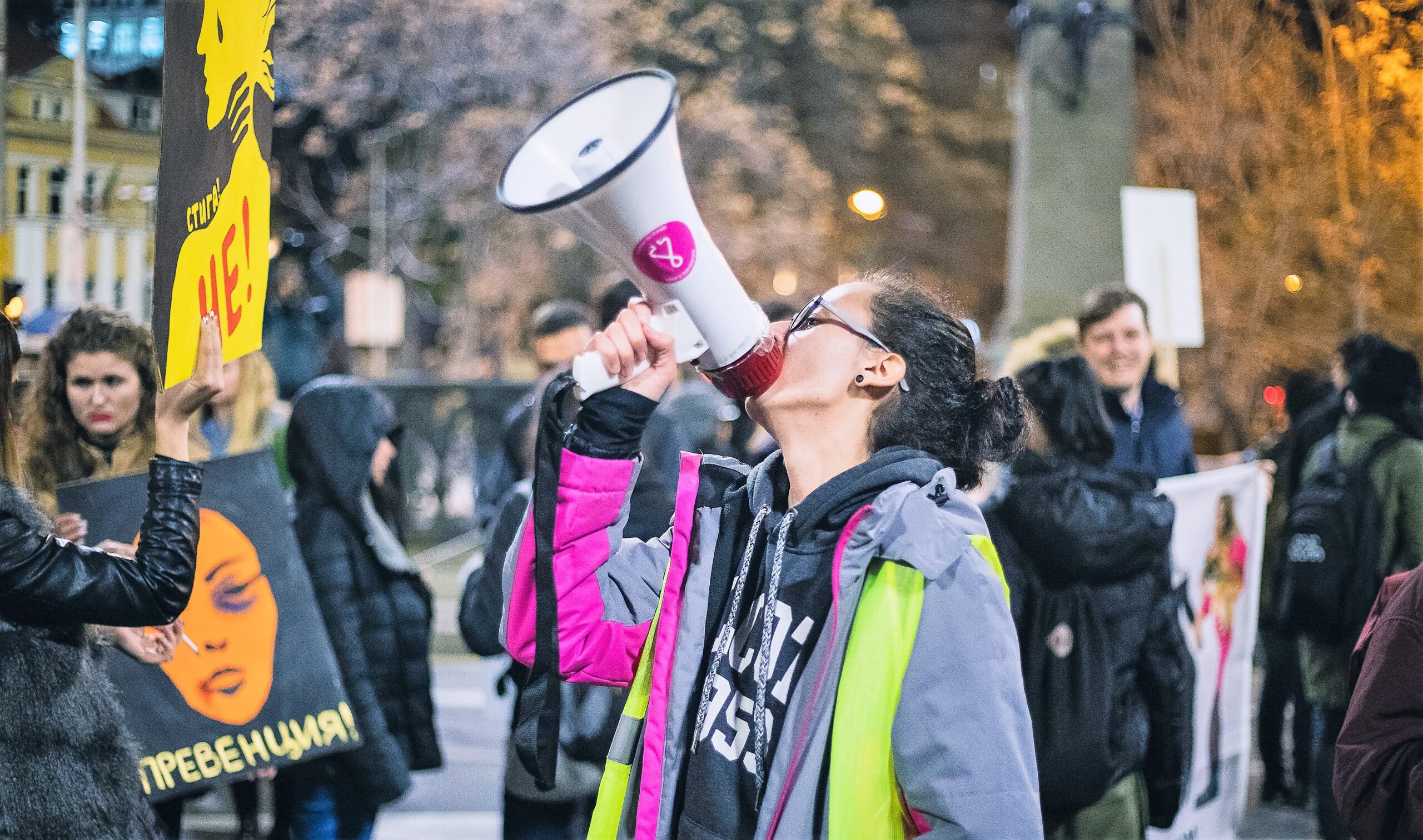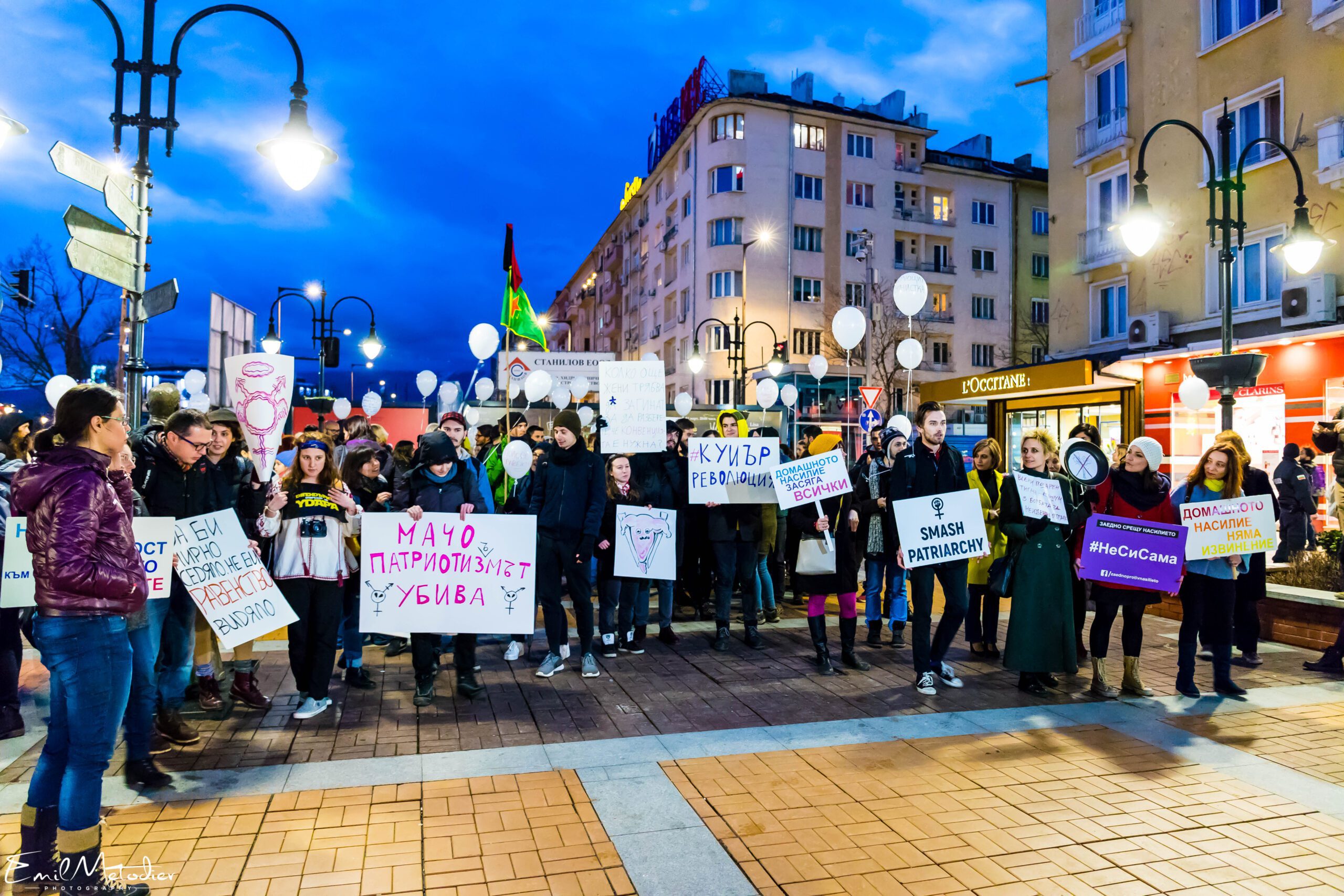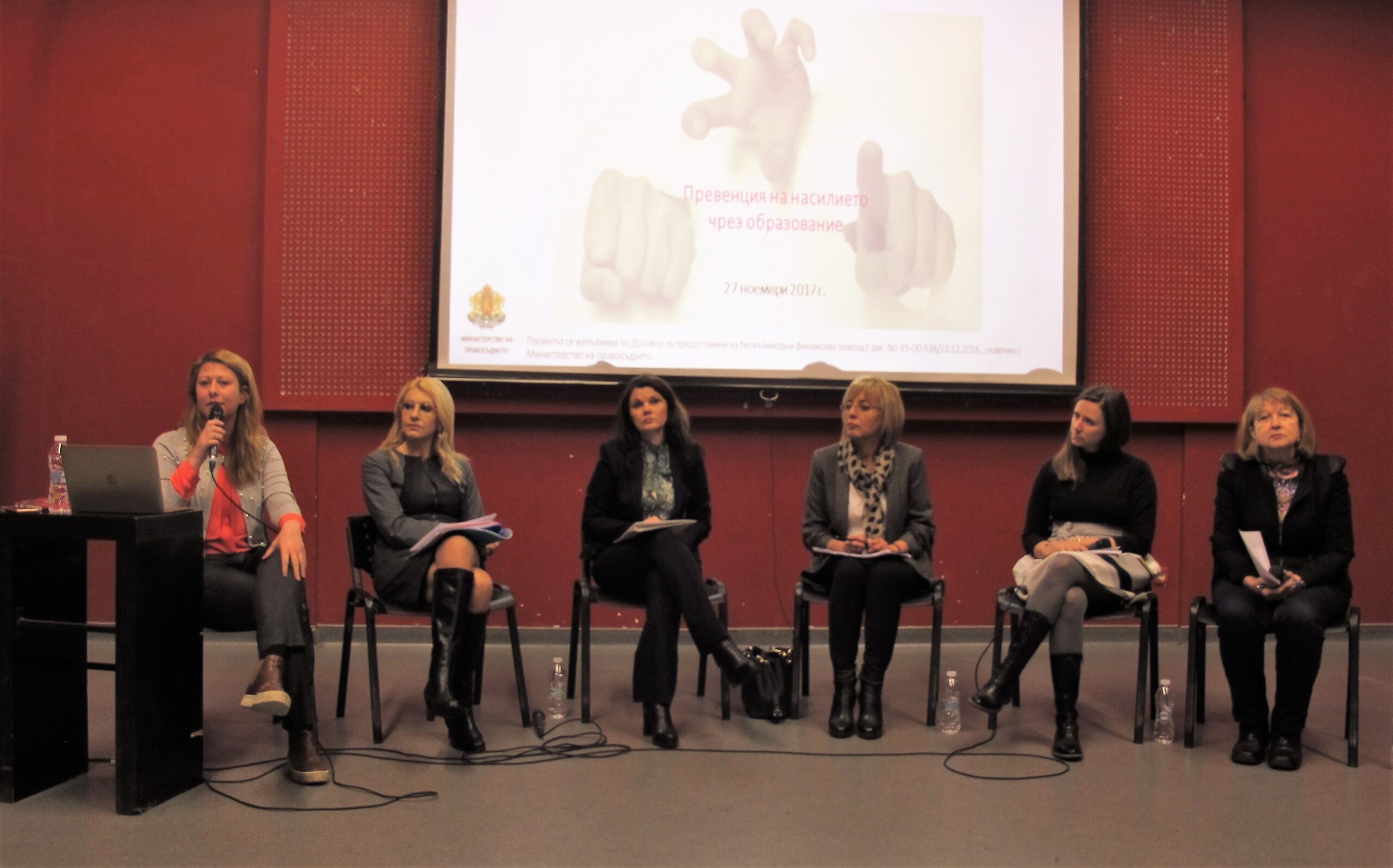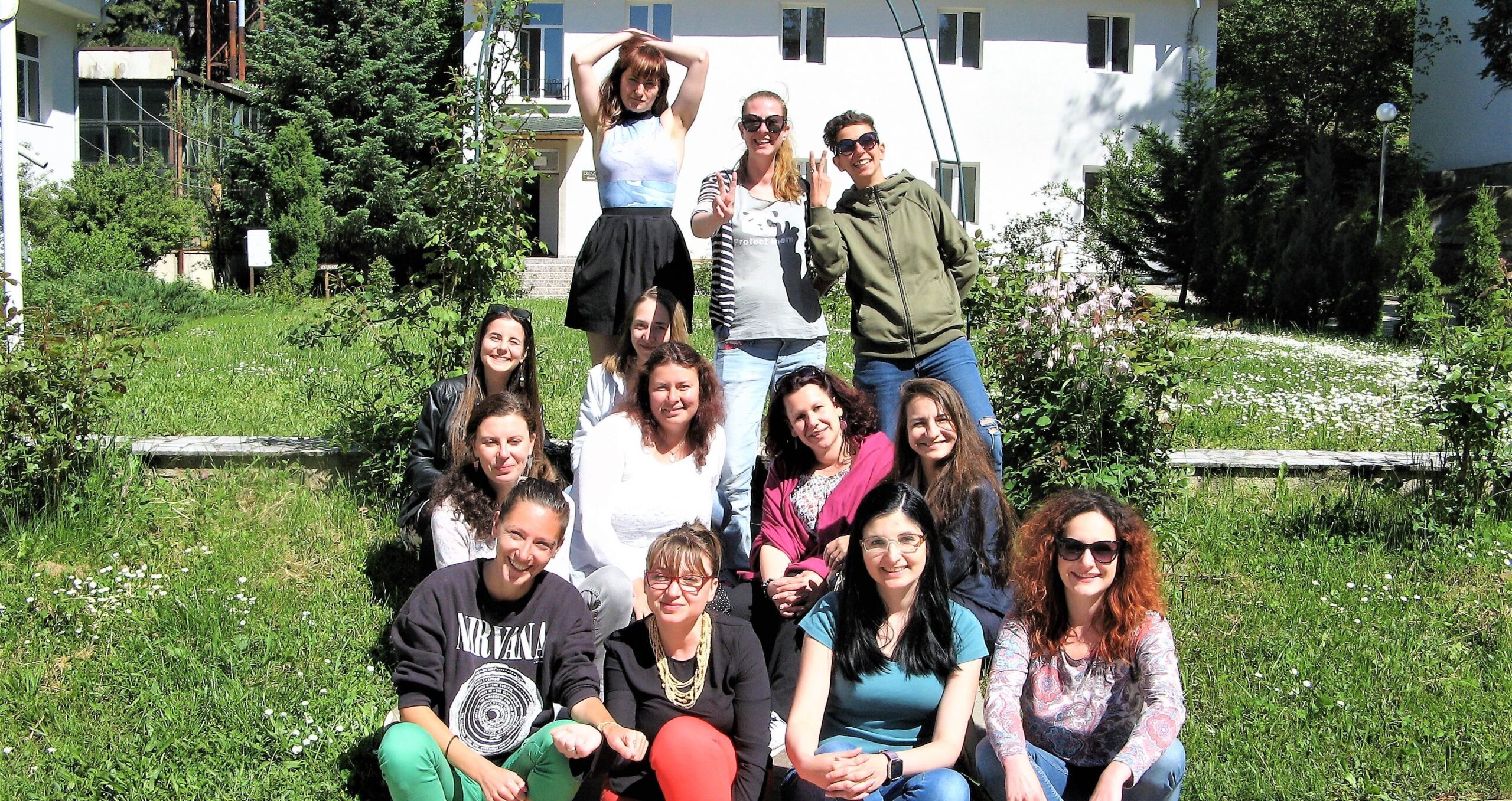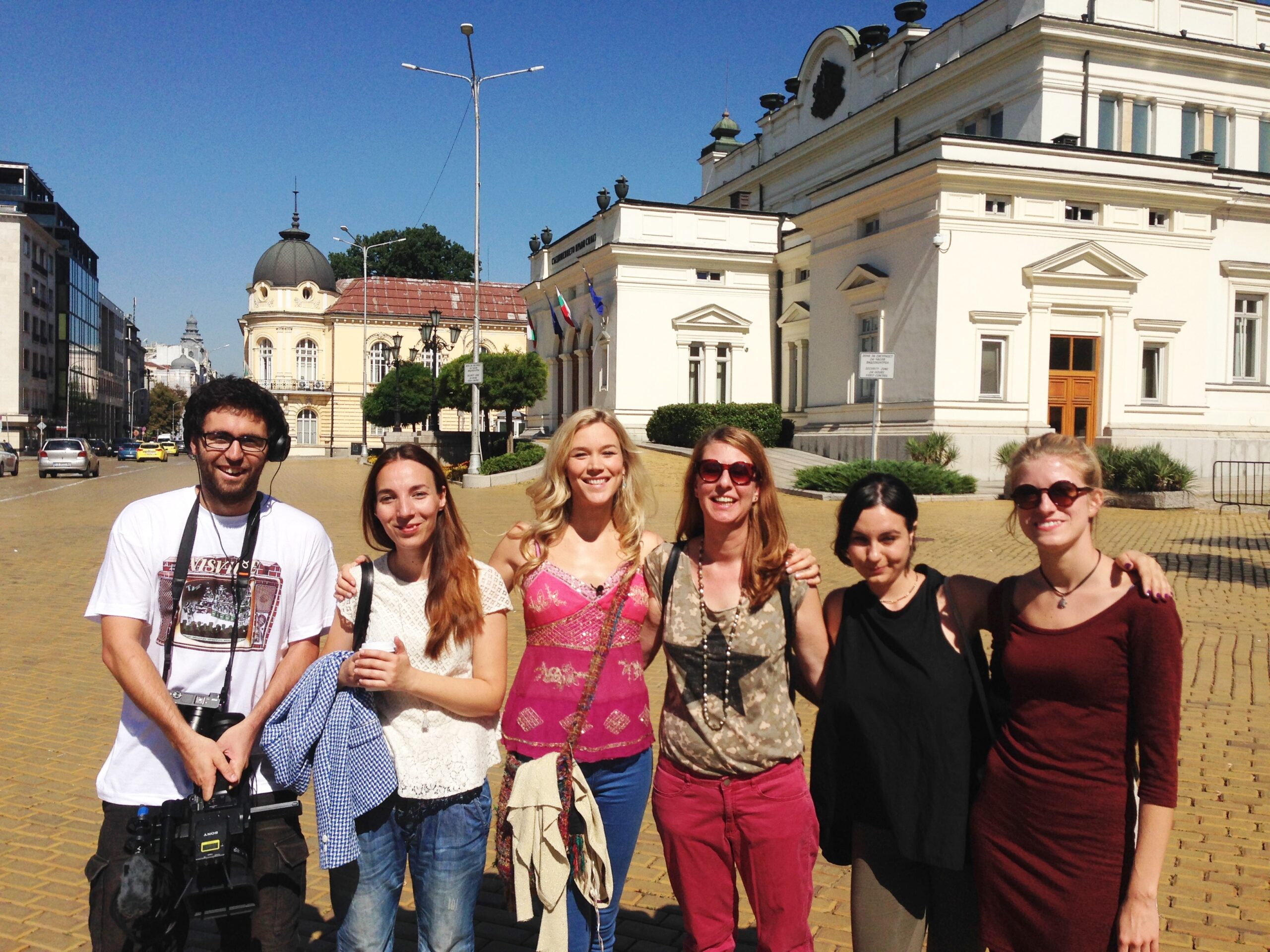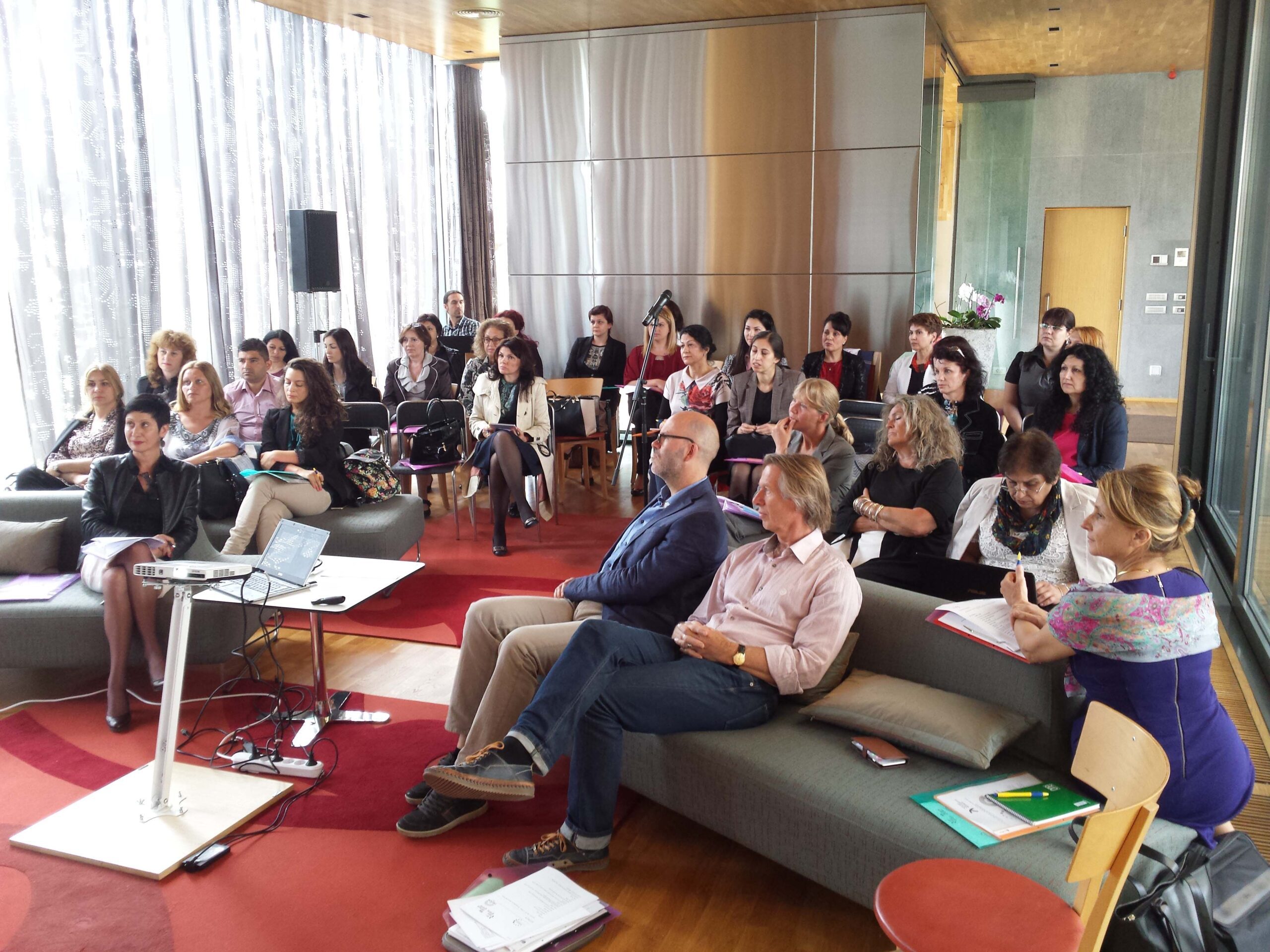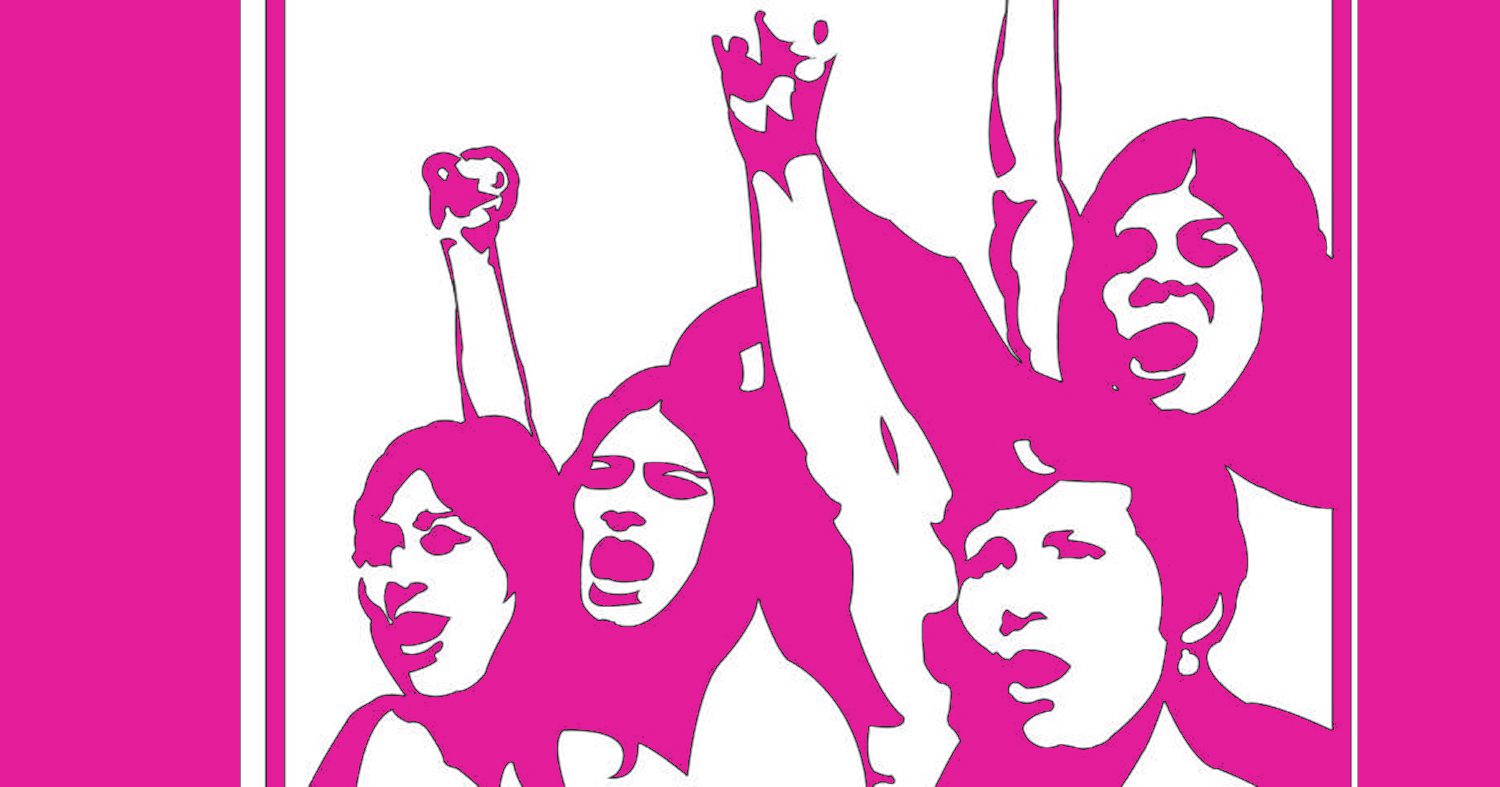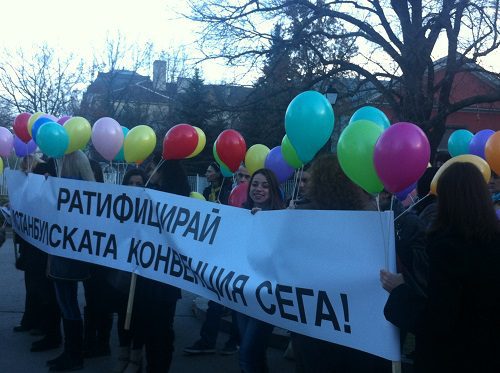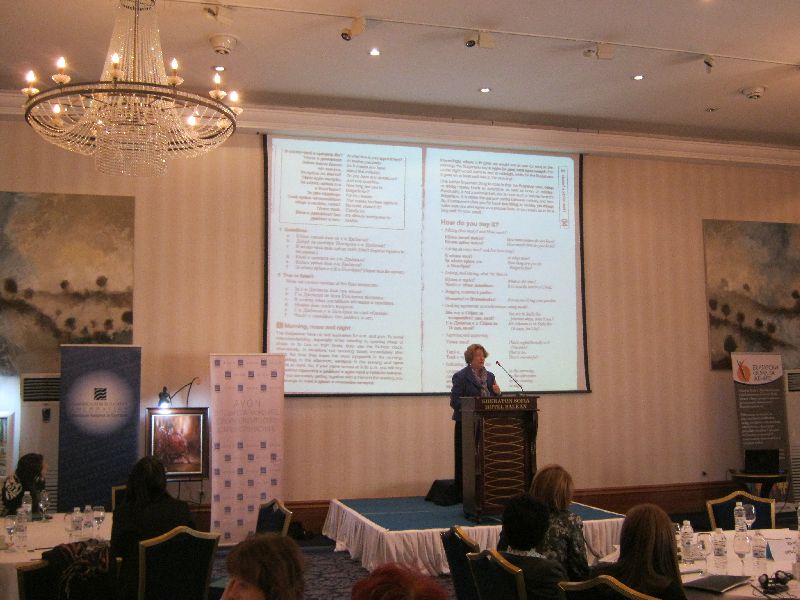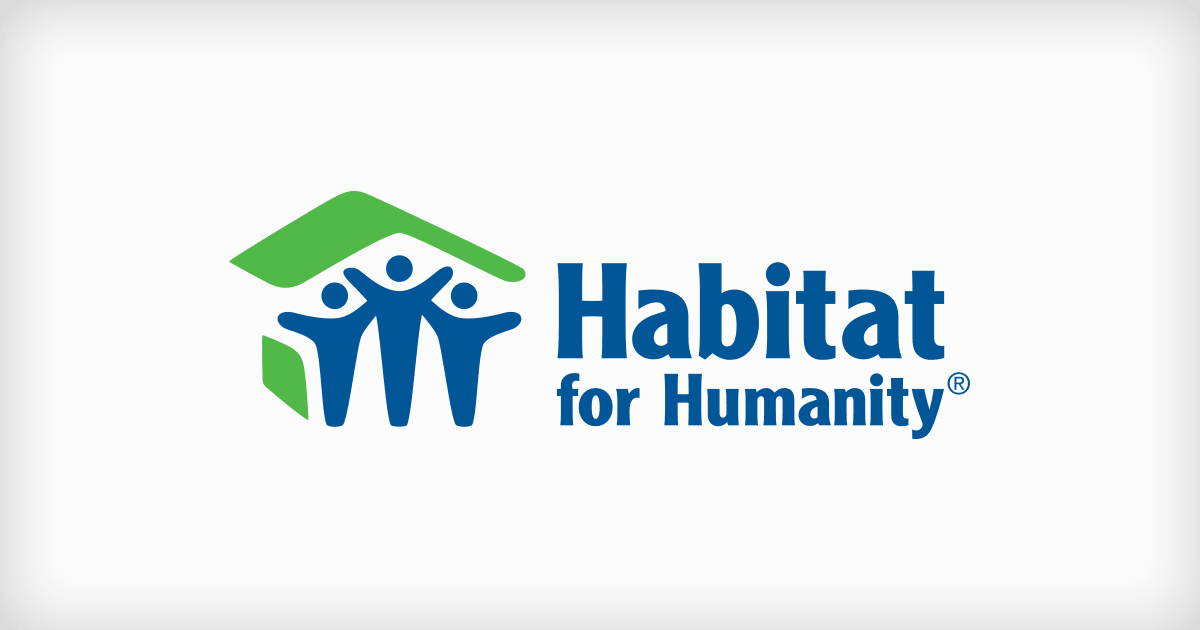At the proposal of the Ministry of Justice, a draft law amending the Law on Protection from Domestic Violence will be submitted to the Bulgarian Parliament. A public discussion of the bill is currently underway. As stated in the motives of the bill, the changes are dictated by the need to eliminate weaknesses and gaps in the current national legislation. What is more, the bill aims to implement the recommendations of the European Commission and various monitoring mechanisms under UN conventions in the field of human rights, that are working for solving problems of violence against women, and for the harmonization of the Bulgarian legislation with the European legislative practices and the international standards in this field.
Domestic violence is an extremely serious problem in Bulgarian society, that often remains within the family, it is said in the provided by the Ministry of Justice motives. Data from a national representative survey, conducted in 2019, “Violence in Bulgaria” shows that three quarters of all cases of violence in the last year are cases of domestic violence, and for 56.6% of the respondents the worst situation of violence, which once they survived, was also in their home. The aggravation of this problem, especially in the conditions of the pandemic, puts the issue on the spot. According to the released statistics, after the announcement of the global pandemic in all countries, including in Bulgaria, there is an escalation of violence, and particularly, of violence against women. There are no official statistics in Bulgaria, but according to data from the Ministry of Interior, there is an increase in the number of signals of domestic violence, registered on the national emergency telephone number 112. For the period from March 1, 2018 to March 1, 2019 the signals were 22,983, and for the period from March 1, 2019 to March 1, 2020 there are 26,567, meaning an increase with 3,584 cases.
The comparative analysis of the Ministry of Interior also shows that for the period from March-May 2017 to March-May 2020 the number of premeditated murders of women, in which the victim is a relative or cohabited with the perpetrator, have increased. For the period from March to May 2020 there are 9 cases of the most serious form of homicide. The increase in the received signals for domestic violence on the emergency telephone line 112 has been especially dramatic in recent months, as for the period from March 1, 2020 to March 13, 2020 (inclusive) a total of 819 signals were submitted for the country, and for the period from March 13, 2020- May 13, 2020 (inclusive), a total of 4,875 signals were submitted for the country. This shows growth in the number of reports of domestic violence in the last three months by 4,556. There is also an increase in the number of issued protection orders, as for the period January – May 2017 their number was 2,440, for the same period in 2018 and 2020, respectively, their number is 2,981 and 3,240. The number of issued orders is not equal to the number of protected persons, as in most cases a protection order protects the rights of two, three or more persons.
According to the latest data from the Ministry of Interior, in 2020 there is an increase in the number of children victims. The comparative analysis shows that in 2019 the number of children victims of domestic violence is 658, and for the period from January 1, 2020 to November 30, 2020 their number is already 823. The growth of cases of domestic violence remains.
These alarming data show the need to take effective measures, including changes in regulations to prevent cases of domestic violence and to ensure more effective protection of victims. These are part of the motives for the Amendments to the Law on Domestic Violence, presented by the Ministry of Justice.
The Ministry of Justice also adds that several international institutions have made repeated and urgent recommendations to Bulgaria to take more decisive measures to prevent domestic violence, to provide more effective and more specialized services, for better protection of victims and punishment of the act and the perpetrators, as well as to raise public awareness of the problem. It is recalled that the annual report of Dubravka Simonovic, the UN Special Rapporteur on Violence against Women, set out in a special report of the situation in Bulgaria published in May 2020, it was pointed out that Bulgaria is unfortunately one of the countries in which the incidence of domestic violence in the first half of 2020 have increased dramatically. From the numerous recommendations of the Special Rapporteur to the forefront are those of primary importance in the conditions of isolation due to COVID-19: Bulgaria urgently needs to take measures to ensure sufficient finance coverage of crisis centers and the services they offer, as well an adequate support for non-governmental organizations that provide accommodation and care for victims of violence; The Special Rapporteur recommends that a national coordinating body be appointed to be responsible for coordinating, implementing, monitoring and evaluating policies and measures to prevent and combat all forms of violence, including against women.
According to the recommendations of the Committee on the Elimination of All Forms of Discrimination against Women (CEDAW), the Bulgarian legislation should regulate specific measures in the field of prevention, data collection and coordination between state institutions and civil society organizations that operate in this field, monitoring and measures in the field of international cooperation.
Similar are the recommendations from the annual reports on domestic violence – women and children, addressed to Bulgaria by several control and monitoring bodies under the UN conventions in the field of human rights – the Universal Periodic Review, the review under the Convention on the Rights of Persons with Disabilities, the Convention on the Rights of the Child, the Covenant on Social, Economic and Cultural Rights, the Covenant on Political and Civil Rights, the Optional Protocol Committee to CEDAW. There is a unanimous opinion that there are a number of challenges that the Bulgarian society is facing and that serious state support is needed for better policies to reduce domestic violence in Bulgaria and to prevent it.
The National Program for Prevention and Protection against Domestic Violence, adopted by the Council of Ministers on April 9, 2020, also provides for specific measures and legislative changes aimed at raising public awareness of the problems of domestic violence, creating a mechanism for protection of victims and improving coordination and interaction between the various state bodies and organizations involved in solving the problem.
What are the main problems and gaps that lawmakers recognize and identify in current legislation?
- Lack of sufficiently reliable, effective protection and guarantee for protection of life, health and rights of persons at risk of domestic violence;
- Existence of various institutions with functions in the field of domestic violence, but without an effective coordination between them, respectively – lack of coordination mechanism to ensure reliable, timely and adequate prevention and protection from domestic violence by the relevant competent authorities;
- Lack of official statistics, conclusive data and systematic collection of complete and comprehensive statistical information on domestic violence and its various forms in order to conduct research on the causes and extent of violence against women and domestic violence and policy making;
- Lack of a single national body responsible for formulating, implementing and evaluating of policies and coordination of the actions of the respective bodies for prevention and counteraction to domestic violence.
What are the main provisions of the proposed bill?
Expanding the circle of people, victims of domestic violence who can seek protection under the Law. To those who may seek protection under the law are added those who are presumed to be pregnant by the perpetrator of the violence, as well as a person who is the spouse or ex-husband of the perpetrator.
Increase the measures for protection against domestic violence that may be imposed by the competent authorities. The following new measures for protection against domestic violence are introduced:
- Prohibition of the perpetrator to make contact with the victim in any form, including by telephone, by e-mail or ordinary mail and fax, as well as by any other means and systems of communication;
- Referral of children victims to specialized services for child protection, victims or witnesses of violence;
- Obligation of the perpetrator to attend an addiction treatment program in cases where it is established that he/she uses narcotic or psychoactive/ psychotropic substances, alcohol or other intoxicating substance or other type of addiction;
- Prohibition of issuing a permit for acquisition, storage, carrying and use of explosives, weapons, ammunition and pyrotechnic materials under the Weapons, Ammunition, Explosives and Pyrotechnic Articles Act or termination of the validity of a permit issued for a specified period from the court.
- Expanding the circle of persons who can initiate proceedings before the court for issuing a protection order. In addition to expanding the circle of victims who can seek protection under the PDPA, it is envisaged that the proceedings may be instituted at the request of the prosecutor, which is an additional guarantee for the protection of the rights of victims.
Establishment of a national body for coordination, monitoring and evaluation of policies and measures to prevent domestic violence and improve the interaction between the various state bodies and organizations involved in the problem. The bill envisages also the creation of a National Commission for Prevention and Protection against Domestic Violence as a specialized permanent collegial body for the implementation of the state policy on prevention and protection against domestic violence. It is envisaged that the Commission will be located in the office of the Ministry of Interior. The Chairman of the National Commission will be a Deputy Prime Minister appointed by the Council of Ministers. The commission will include Deputy Ministers of Interior, Labor and Social Policy, Justice, Foreign Affairs, Health, Education and Science, Youth and Sports, Deputy Chairperson of the State Agency for Child Protection, Deputy Executive Director of the Social Assistance Agency, appointed by the respective Ministers and Chairpersons, and Executive Director of the Agency for the Quality of Social Services. The composition of the National Commission will also include deputies appointed by the Chairperson of the Supreme Court of Cassation and the General Prosecutor. The composition and leadership of the commission thus determined ensure both the commitment of all state bodies at the highest level to the fight against domestic violence and the effectiveness of the work of the newly established body.
The Ombudsperson of the Republic of Bulgaria, MPs, representatives of the National Association of Municipalities in the Republic of Bulgaria, non-profit legal entities registered for public benefit activities and international organizations with representations in the country which carry out activities for prevention and protection from domestic violence, heads of other state bodies, representatives of local self-government bodies and local administration, professional and civil organizations, other officials and experts; will be able to participate in the meetings of the National Commission. Consequently, the effective participation of civil society in the fight against domestic violence is ensured.
It is envisaged that the activity of the National Commission will be provided logistically (such as premises, office work and logistics) by the Ministry of Interior, as most signals of violence come through the system for emergency calls to the line 112, ie. this is most often the entry point from which the action of the coordination mechanism must unfold. It is also taken into account the fact that the Communication and Information Technologies Directorate in the Ministry of Interior has sufficient administrative and technical capacity to create and maintain the new register provided in the Bill.
Establishment of a coordination mechanism that provides for clear rules of action and coordination between competent authorities and organizations, thus ensuring reliable, timely and adequate protection of victims of violence. The draft law envisages the National Commission for Prevention and Protection from Domestic Violence to develop and adopt a Coordination Mechanism for Assistance and Support to Victims of Domestic Violence, to organize and coordinate the interaction between individual agencies and law enforcement agencies, monitor the effective functioning of the Coordination Mechanism and to instruct on its application.
Creation of database and systematic collection of statistical information on domestic violence. It is envisaged at the National Commission, a Central Register for the cases of domestic violence committed on the territory of the country or in respect of Bulgarian citizens who have sought help and support. The Central Register will contain a database of: acts of domestic violence; data on the victims and the perpetrators and the relationship between them; type of violence – physical, mental, sexual, emotional, economic, restriction of rights, duration of violence; damages caused to the injured person; history of relationship violence; submitted applications for issuance of a protection order or requests of the prosecutor for initiating proceedings under the law; imposed measures under the Law on Protection from Domestic Violence, the Ministry of Interior Act, etc.
Regulation of prevention and protection programs and specialized services providing protection from the period of domestic violence to the full recovery of victims and their social inclusion in society. Funds will be allocated from the state budget to the National Commission, that will finance the following services:
- Domestic violence prevention programs, with regards to: preparation and approval of programs in educational institutions; programs for work with the bodies of the judiciary and with the bodies of the Ministry of Interior; monitoring the implementation of the law; conducting seminars and conferences; publications;
- Assistance programs for victims of domestic violence, which include social, psychological and legal counseling with regards to the specificities of the case;
- Rehabilitation and protection programs for persons or children, victims of violence or witnesses; referral to other necessary specialists and interdisciplinary consultations, as well as to social services for victims of domestic violence; training of the persons who perform the protection under the law; specialized programs attended by perpetrators of domestic violence, which include social and psychological counseling.
It is envisaged that the following specialized protection services will be provided to a victim of domestic violence:
- Consultation on a 24-hour toll-free telephone line. The 24-hour telephone line is defined as a specialized telephone line for support and referral of victims of domestic violence.
- Counseling in an advisory center for victims of domestic violence. This is a set of interdisciplinary specialized services for victims of domestic violence, which are provided through psychological, social and legal counseling programs, which provides support for victims simultaneously with or after using other specialized services.
- Accommodation in a crisis center for victims of domestic violence. Crisis Center will be a set of specialized services for victims of domestic violence, which are provided for up to 6 months and are aimed at providing individual support to meet daily needs, legal counseling or social and psychological assistance when it is necessary immediately. intervention, including through crisis intervention teams and emergency accommodation.
- Accommodation in a shelter (sheltered housing) for victims of domestic violence for accommodation after the sixth month of the incident. This is a specialized service for persons and/ or their children who have suffered from domestic violence after the sixth month of the incident, which consists in providing a sheltered place to live with preferential overheads and regular social support. The use of this service does not preclude the use of other services in the community.
- Specialized services will be provided free of charge to victims of domestic violence. The services will be provided regardless of whether the victims have agreed to cooperate in identifying the perpetrator of the violence. When using a specialized service under the Law, victims of domestic violence will be provided with appropriate and timely written information in a language they understand.
- A perpetrator of domestic violence will be referred to a specialized programs for overcoming aggression and dealing with anger, which would be paid by him. The program can be part of a specialized service or provided independently.
Optimization and improvement of the court proceedings for imposition of measures for protection from domestic violence in the direction of speed, effective law enforcement and creation of guarantees for protection of the interests of the victims. The bill provides for an extension in the deadline for submitting an application for protection from domestic violence from one month, as is the current regulation, to three months from the act of domestic violence.
Exceptionally, if there are objective reasons that apply, the application may be made within 6 months of the act of domestic violence. In this way, the aim is to overcome the initial psychological shock and self-isolation of victims of domestic violence, which often discourage them from applying for protection.
It is envisaged that at the hearing to consider the request, the court will proceed to collect the evidence and conduct the oral proceedings without inviting the parties to an agreement or referring them to mediation. This is necessary in order to avoid traumatic contact with the perpetrator for the victim of domestic violence.
Next, it is envisaged that when considering the case and issuing the decision, the court will also take into account the acts of violence committed before the deadline for filing a request for protection, if there is evidence for them, in order to individualize the protection measures.
If, until the end of the court investigation in the first instance proceedings, the defendant commits a new act of domestic violence against the applicant, the latter will be able to file an additional request for protection, which the court will consider within the initiated proceedings. In this way, the burdensome for the victim and unjustified from the point of view of the principle of procedural economy and the logic of life need to initiate several separate proceedings under the Law for Protection of Domestic Violence is avoided.
It is explicitly envisaged that when in the course of the proceedings, there is established data for a crime of a general nature, transcripts of the materials containing these data will be sent to the respective prosecutor’s office. This way the prosecution of these cases of domestic violence, which is a crime within the meaning of the Criminal Code, is ensured.
A fine in the amount of BGN 400 to 1,500 is introduced in cases of repeated and subsequent act of domestic violence. According to the current provision of Art. 5, p. 4 of the Law in all cases the court with its decision, which respects the request for protection, imposes on the perpetrator a fine in the amount of BGN 200 to 1000. The introduction of a fine in cases of repeated and subsequent domestic violence is justified in view of the lack of deterrent and the remedial effect of the fine initially imposed.
Defining the terms “economic violence”, “psychological abuse ” and “de facto cohabitation” in order to cover and protect from all forms of domestic violence. According to the proposed definitions, “economic violence” is placing a person in a position of economic dependence, which means taking away access to economic opportunities and resources, restricting access to funds, isolating the victim by depriving the person of funds for independent activities, controlling access to healthcare, employment and education, exclusion from financial decision-making, full control over the person’s funds and other economic resources, creating complete dependence on means of subsistence and to meet personal needs, etc. “Psychological abuse” is the intentional serious infringement of a person’s psychological integrity through coercion or threats, verbal violence, harassment, intimidation, constant criticism, shame, reproach, use of offensive names and epithets, ridicule, imitation, public humiliation, etc. “De facto cohabitation” means the voluntary cohabitation of two adults in respect of whom there is no kinship, which constitutes an obstacle to marriage, in which the persons take care of each other and of a common household.
Amendments to the provisions of the Criminal Code criminalizing domestic violence. In the spirit of the recommendations of the Committee for the Elimination of All Forms of Discrimination against Women in the Republic of Bulgaria, normative amendments are proposed to eliminate the requirement for systematical violence in the definition of crimes committed in the context of domestic violence in the Criminal Code; explicit criminalization of marital rape and criminalization of all forms of economic and psychological domestic violence.
Bulgarian Fund for Women submitted a position in support of the proposed changes in the Law.
Photo: Pixabay

